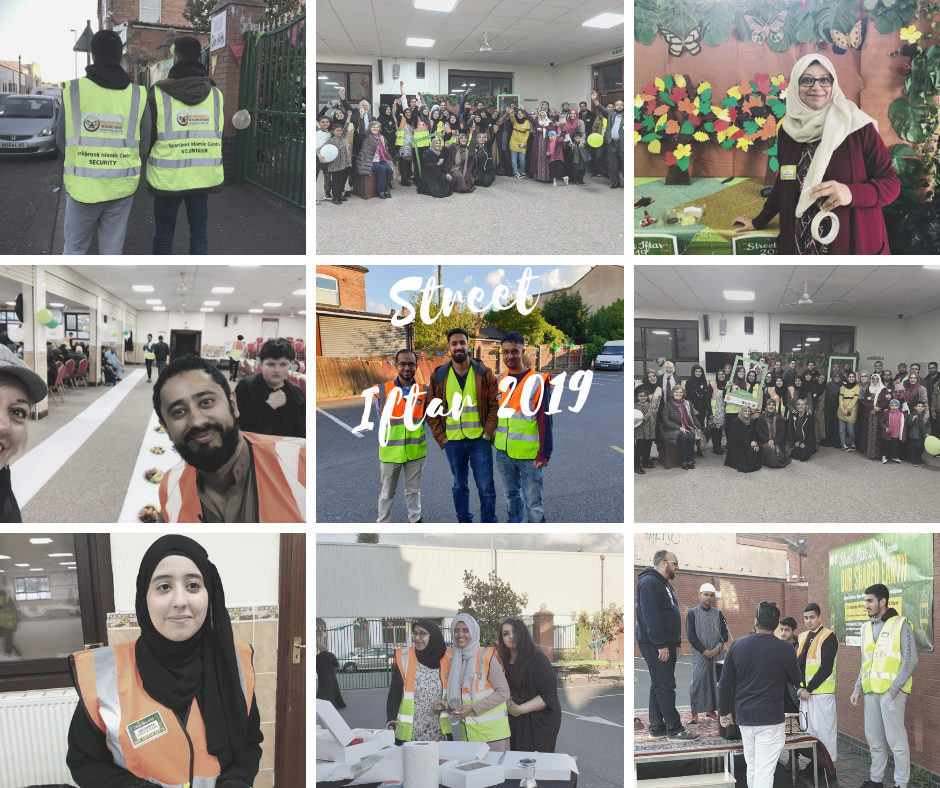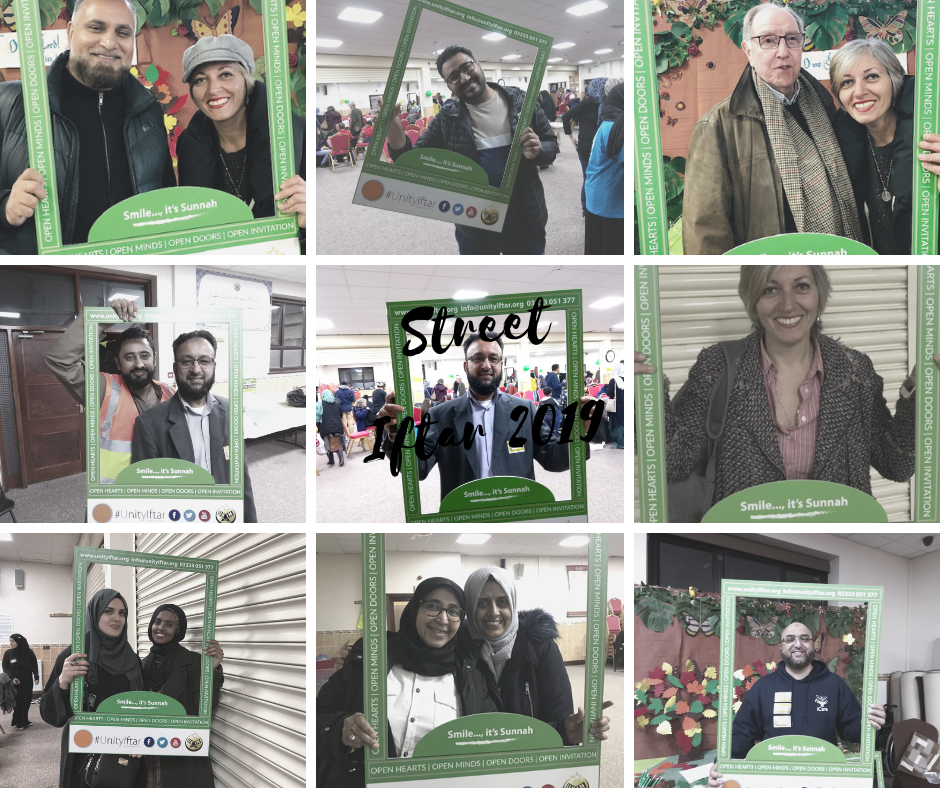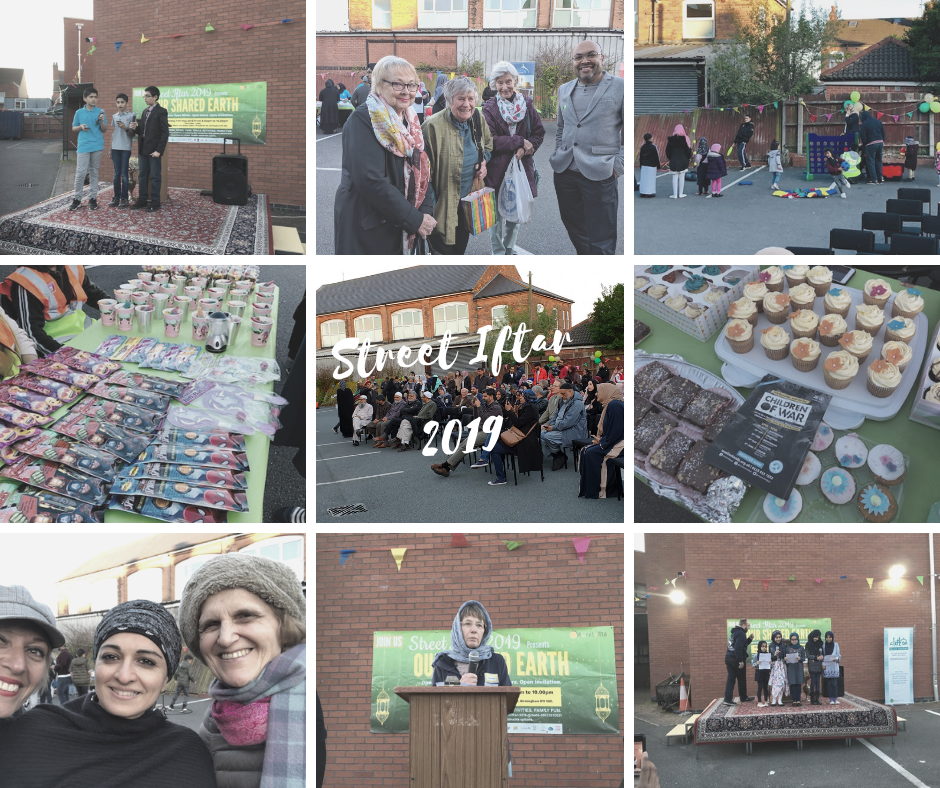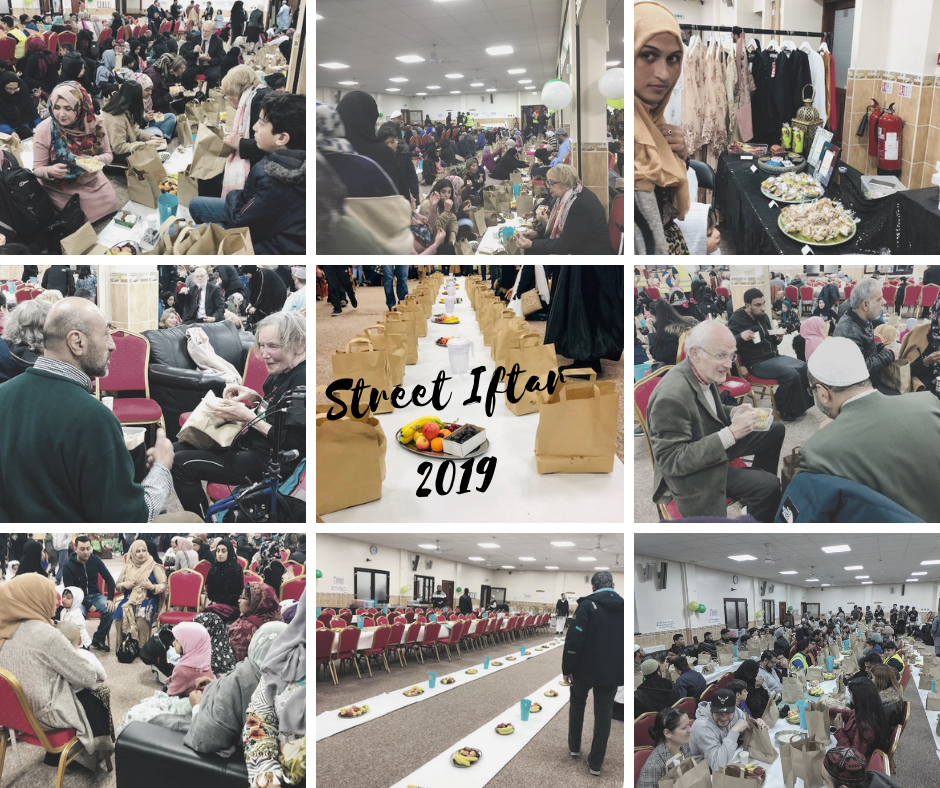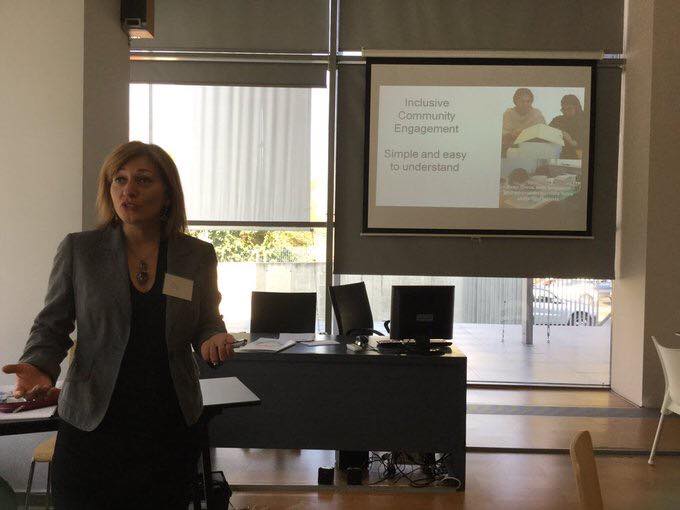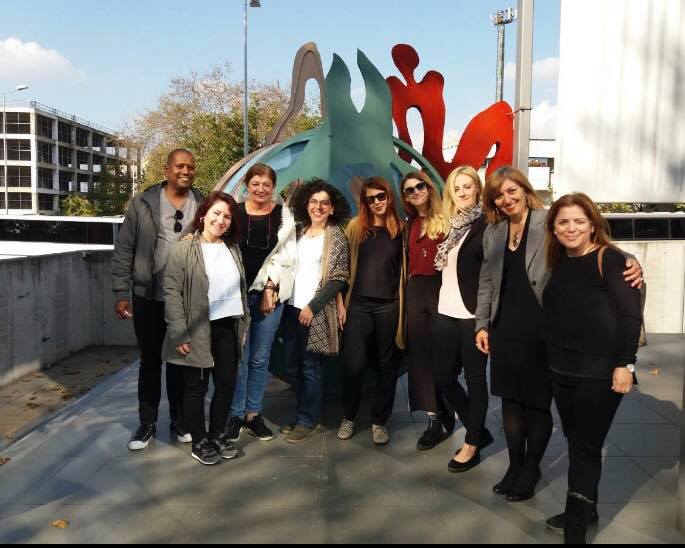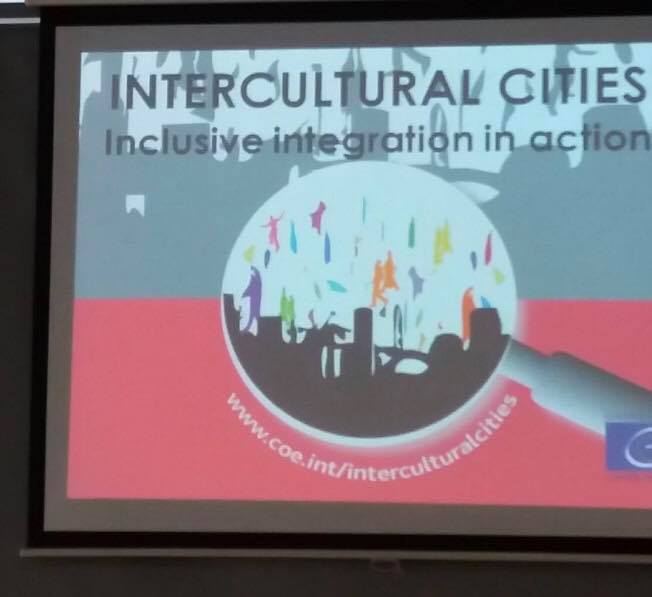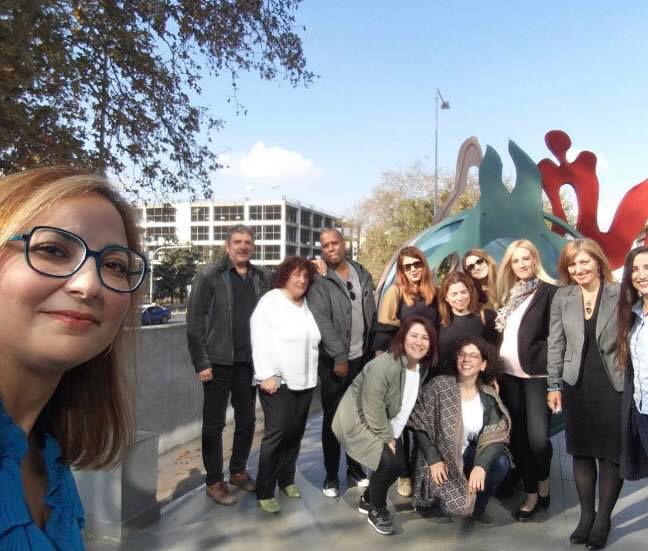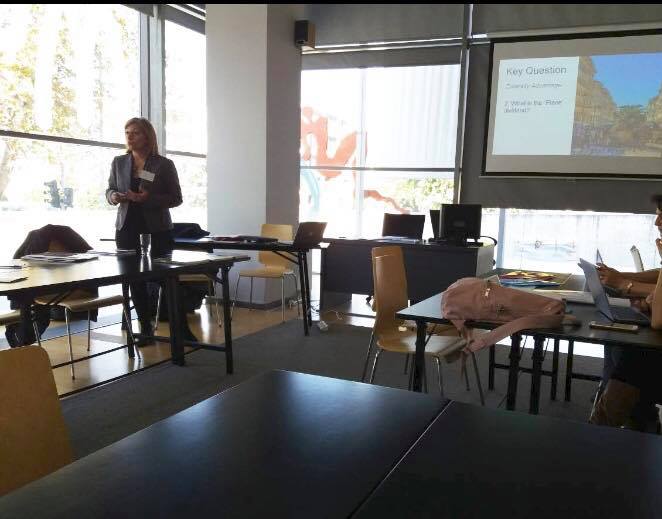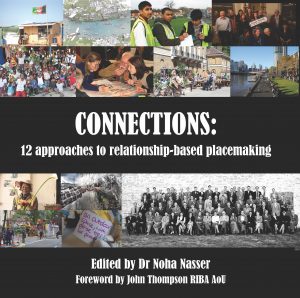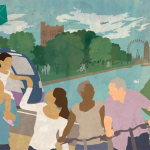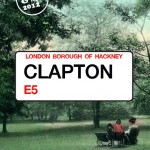Community Engagement on The Mill, Cardiff, to co-design the new community hub with Cadwyn Housing Association
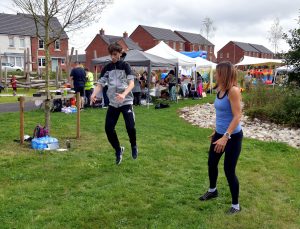
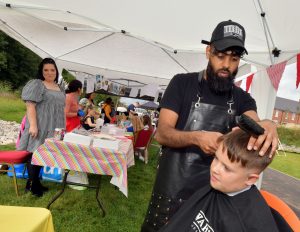
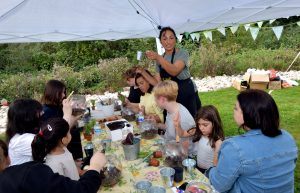
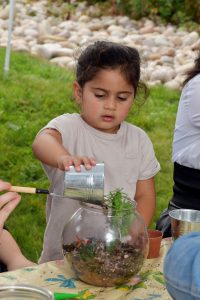
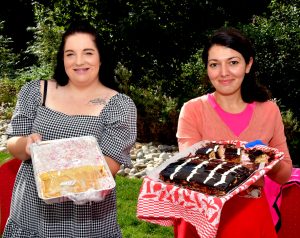
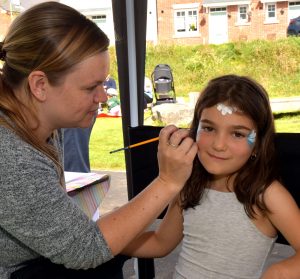
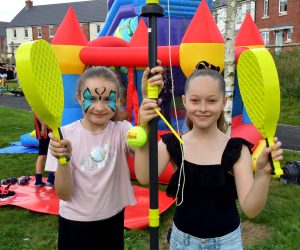
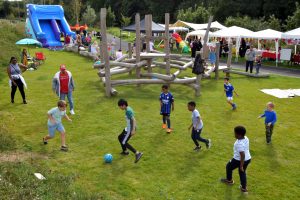
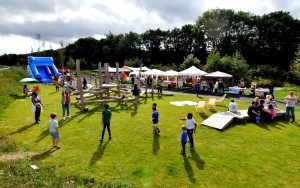
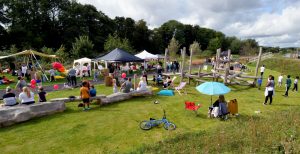
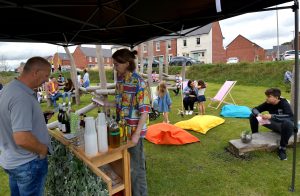
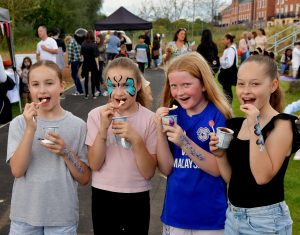
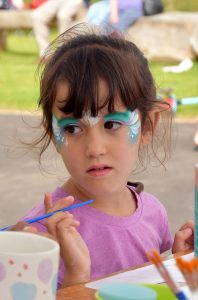
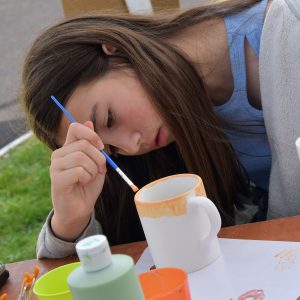
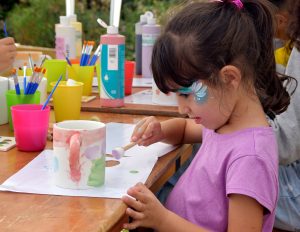
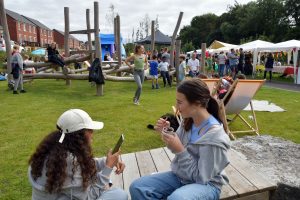
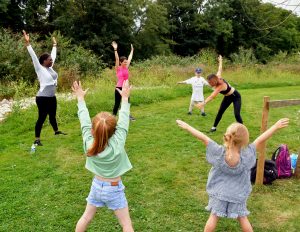
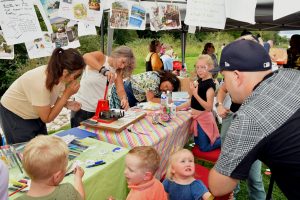
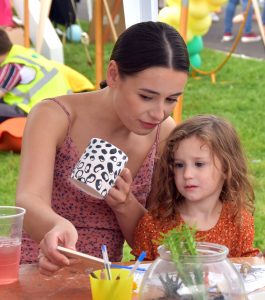
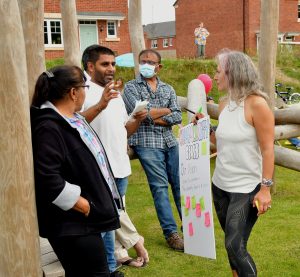
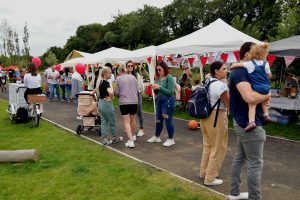
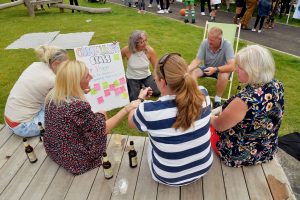
Building diverse capabilities for civic leadership in the built environment: women empowerment and collaboration
MELA has acquired a small grant from the Open University to help design a new research proposal focussed on investigating how social network places are/could be used to foster and mainstream women civic participation and leadership in design initiatives.
We place an emphasis on:
- Understanding the impact of gender inequalities on civic participation and leadership in the design of the built environment which arise because of cultural biases, policies and (social) structures
- Understanding the impact of social network places (digital, physical or hybrid) on unleashing the capabilities (across genders) required to mainstream women civil participation and leadership in design work.
The initial broad research questions we are explore are the following:
- What is the impact of gender inequalities on civic engagement and leadership in the design of the built environment?
- What are the cultural, political and social barriers to diversity and equality in civic engagement and leadership in design initiatives?
- How can we use social network places to foster diverse capabilities and leadership in civic design initiatives?
We are running workshops in June 2021 that bring together different experiences, knowledge and expertise and will have the opportunity for participants to share achievements and ideas as well as learn from others. Following these workshops we are working up a proposal to the Arts and Humanities Research Council (AHRC).
RIBA CPD Webinars: An Inclusive Approach to Co-Design and Engagement
Working with Lubaina Mirza, MELA has developed a two hour online CPD webinar for the Royal Institute of British Architects (RIBA). The webinar covers a number of models for improving inclusive engagement, core skills like active listening and empathy building, as well as interactive, hands on and immersive exercises. The webinar uses a fictional place and characters to apply the learning into a case study.
The 6 webinars run throughout 2021 and are also being delivered to 6 large architectural practices directly.
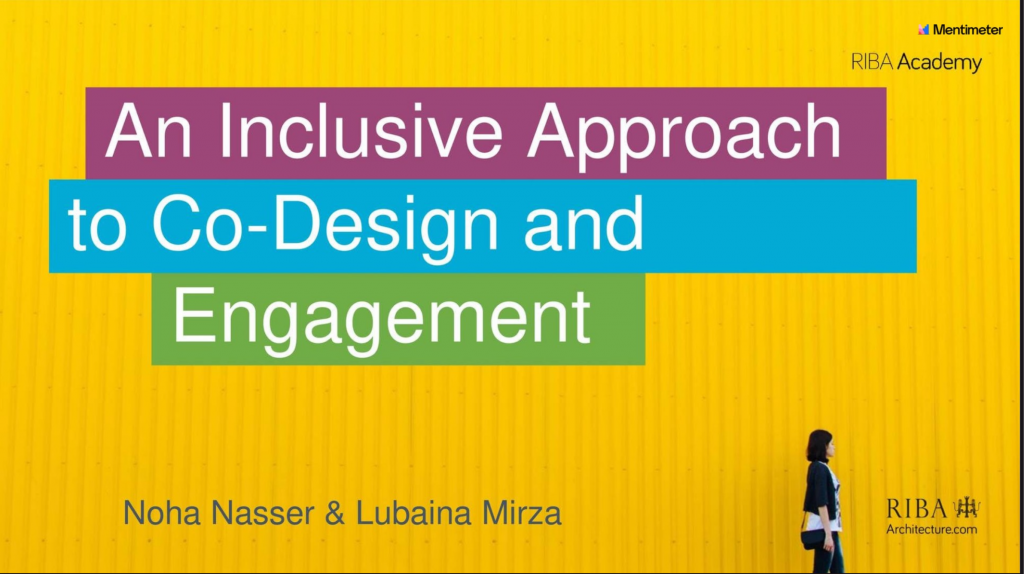
Cadwyn Housing Association Inclusive Tenant Engagement Training Programme
MELA Cymru was commissioned to present a 5-part ‘Inclusive Tenant Engagement Training Programme’ for Cadwyn staff to embed the core principles and practices of taking a ‘diversity and inclusion’ lens into the work of the Housing Association across key departments.
The webinars include:
1. Listening Session
To emphasize the importance of listening, generosity and shared purpose with the aim to bring people together and identify issues. To improve service and more satisfied staff, tenants and stakeholders.
2. Getting to know our communities together
By forming relationships with communities and putting ourselves in their shoes, we can better understand the places residents would want to live in and how communities have their own characteristics and dynamics. To partner with residents and stakeholders at a local level, to identify potential challenges and solutions, and improve community outcomes both for Cadwyn residents and the wider community.
3. Solving problems together
Creating an impact requires us to resolve and prevent conflicts by using our relationships, and embedding Equality, Diversity and Inclusion into our approach. The identification of strategies to broaden understanding of cultural needs can help address the barriers to stakeholder inclusion.
4. Collaborative Approach – Designing Together
Participants will understand tenants and communities can be a fundamental part of the design process and bring added value and knowledge that is unique.
5: Bridging Cultures Roundtable
Action Planning is crucial for tying together and implementing the work from across all 5 sessions and building a common vision and practice of inclusive tenant engagement across Cadwyn.
Equality and Human Rights Commission Report on Low paid Ethnic and Minority Workers in Health and Social Care
MELA Cymru was commissioned by EHRC in February 2021 to support a nationwide inquiry in health and adult social care sectors across Great Britain because of the high rates of infection and death from Covid-19 in these sectors, as well as the social care sector in particular being a ‘low paid sector’. Evidence was gathered from ethnic groups to explore whether there was less favourable treatment and/or disproportionate impact on ethnic minority workers. The inquiry examined a broad range of experiences, to identify specific issues for particular groups, and, where applicable, to understand the impact of immigration status.
Utilising online platforms for 1-2-1 and focus groups, lived experiences were collected to understand the discriminatory practices and processes effecting these vulnerable workers on low pay and zero contracts. In particular issues surrounding challenges accessing information, unsupportive work-based cultures, low and insecure pay, and poor opportunities for training and promotion set these workers back.
Welsh Government Race Equality Action Plan Consultation
In November 2020, MELA Cymru won a grant from the Welsh Government to consult with BAME mothers, young women and older women to inform the emerging Race Equality Action Plan. Working with Women Connect First, Hayaat Women’s Trust and The Henna Foundation, over 70 women were interviewed in online focus groups to share their lived experiences of inequality and discrimination in Citizenship, Education, Employment, Health, Justice System and Hate Crime, and Social Welfare and Housing. The findings show the following challenges faced by BAME Women.
1. Barriers to accessing culturally appropriate and specialist advocacy to support benefit claims, immigration and access to services, including housing, employment rights, discrimination in social services and the justice system.
2. Barriers to accessing specialist support for education and support for parents when dealing with schools.
3. Health inequalities, including physical and mental health.
4. Social isolation, linguistic barriers and health inequalities faced by older women. 5. Hate/race related crime.
Recommendations were put forward in each key theme to address systemic practices and processes.
Amplifying BAME Women’s Voices in Wales
In August 2020 MELA Cymru was commissioned by Women Connect First, Hayaat Women’s Trust and The Henna Foundation to undertake a detailed piece of work to gather the lived experiences of Black Asian Minority Ethnic Women in Wales. The focus of the report was to identify how intersectionality amongst BAME women impacted inequity and discrimination in education, social justice, health, employment and housing. The findings are set in light of the growing disparities arising from Covid-19. Utilising the Sustainable Livelihoods Model, recommendations focused on accountability measures, empowerment and leadership programmes, and strengthening support for the grassroots organisations that BAME women rely on so greatly.
Urban Design London Summer School Film on ‘Designing Places Through the Equality, Diversity and Inclusion Lens’
On 27-29 July 2020 Urban design London held a virtual Summer School “all about neighbourhoods” with a session on ‘engagement and inclusion’. MELA was invited to present a short presentation/film looking at the wider issues of equality, diversity and inclusion when designing places, particularly in the context of the recent Black Lives Matter protests, and the spotlight on the disproportionate impact of Covid-19 minority groups on fatalities, health, employment, occupation, housing and public space.
The presentation focuses on identify the root causes of inequality and its impact on discriminatory practices in planning, design and regeneration of places. It concludes with practices we can do to improve our awareness and professional approach to diversity and inclusion.
To see the film go here.
Council of Europe Intercultural Cities Policy Brief on ‘Managing Gentrification’ May 2020
Globalisation and neo-liberal free-market capitalism has impacted urban strategies in many cities. One such urban strategy is state-directed and private sector-sponsored investment in declining neighbourhoods with the intention of attracting higher-income residents. The transition from lower to high-income residents is fundamentally a class-based process, gradually displacing the existing working-class residents through eviction or being priced out. This urban strategy by which working-class residential neighbourhoods are rehabilitated by middle-class homebuyers, landlords and developers is called gentrification.
This Policy Brief summarises the findings of the research into gentrification in a number of global cities. The Policy Brief is a condensed resume of a longer research study which offers in-depth case studies and data from a survey into local officials’ experiences of regeneration and gentrification.
It is intended that these findings support policy makers, planners, urban designers, architects and elected representatives in carrying out regeneration, change and development in their locations which respects and includes longstanding residents and businesses, avoiding gentrification and the displacement of the original community, its culture and its broader social fabric.
(i) Manage rent gap and affordability in residential and non-residential settings
(ii) Prevent displacement and protect tenants
(iii)Strengthen participatory processes, resident-led governance and civil society
(iv)Achieve Inclusive Public Space
To see more please go to the ICC Website here.
Young People Transforming The World Leadership Programme Launched in Birmingham as part of Home Office’s Building A Stronger Britain Project with Accord Housing
MELA Social Enterprise launched its Young People Transforming the World Leadership Programme in April 2019. We are passionate about empowering young people to discover their ‘mojo’ and to find their voice in making a difference that matters to them.
Rationale: The challenges facing young people today is:
- The absence of youth provision due to government cuts and a gradual erosion of the importance of youth work.
- The escalation in gang culture and drug dealing as a means into an informal economy due to lack of employment opportunities.
- Mental heath issues related to family conflicts, neglect, poor body image, pressures for academic attainment, materialism and social media.
- A lack of identity and belonging into mainstream society driving young men to join gangs or extremist groups.
- Negative stereotyping against young people making them feel under-valued and disrespected by adults and service providers.
- Lack of interest in the political process due to a cynical attitude to politics and politicians, and that their vote will not make a difference.
- Poverty and homelessness, as well as poor access to affordable housing.
Aim:
The ‘Young People Transforming the World’ programme aims to inspire young people to build an intercultural network supporting them in taking civic action.
The objectives of the Programme are to:
- Transform feelings of social exclusion to build a new sense of belonging and identity as an intercultural network
- Empower young people to maximize their potential and overcome barriers to accomplishment by supporting each other
- Promote leadership and team working to take civic action in a way that resonates and matters to them
The YPTW Leadership Programme is based on 4 core 3-hour sessions:
- Finding Your Inspiration
Aims to encourage young people to connect with their voice and their power in becoming a leader.
- Making the Difference
Aims to empower young people to overcome the unconscious bias to transform how they think and speak about themselves, each other, and their dreams.
- Your Power to Influence
Aims to engage young people in how they listen and how they speak that can influence people to follow their passion, dreams and campaigns.
- Taking Action Together
Aims to support young people in organising themselves to create, plan and deliver civic action project(s)
Here are some of the activities they did including creating their social action project pitch and going out in the street to persuade others to join their campaign.
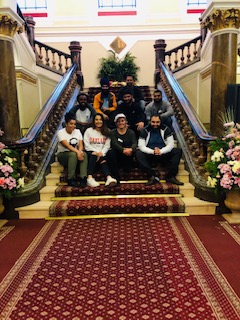
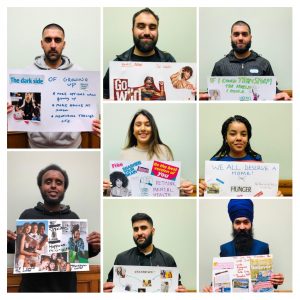
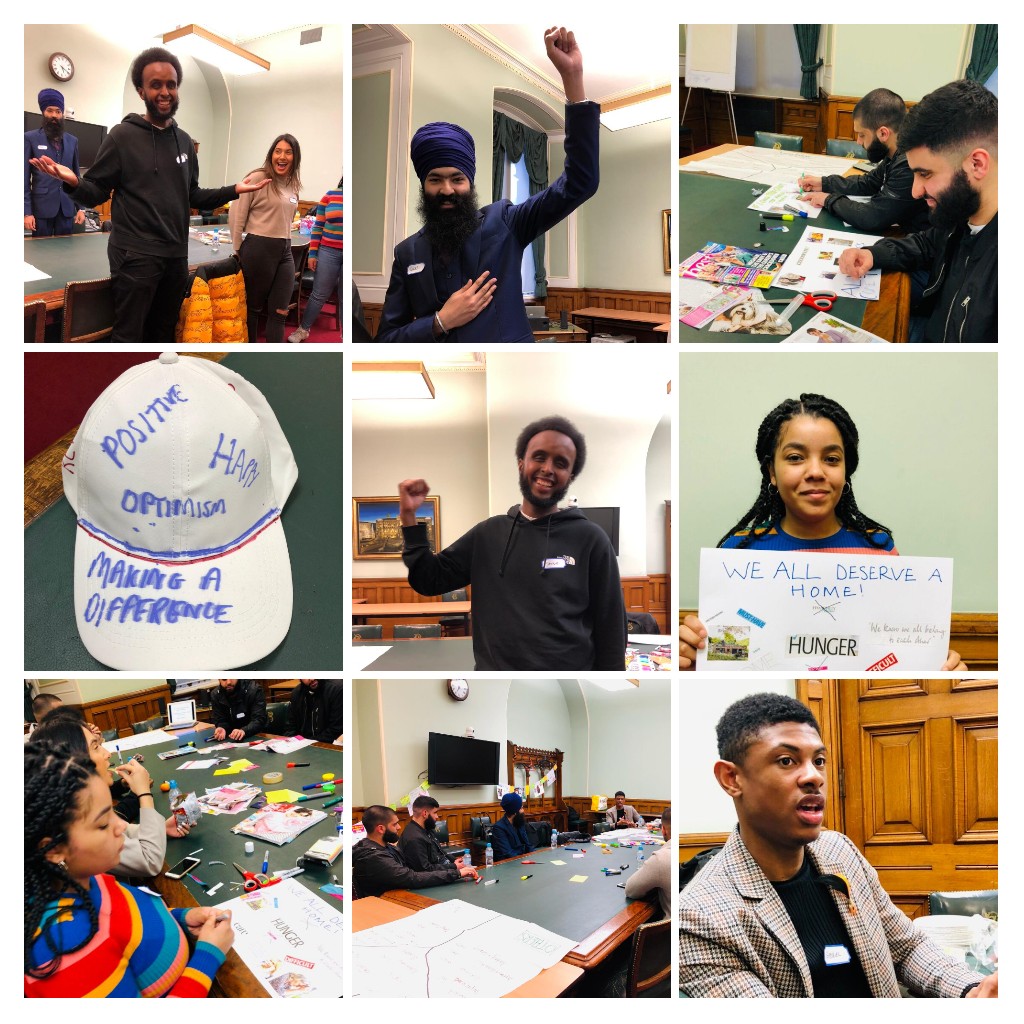
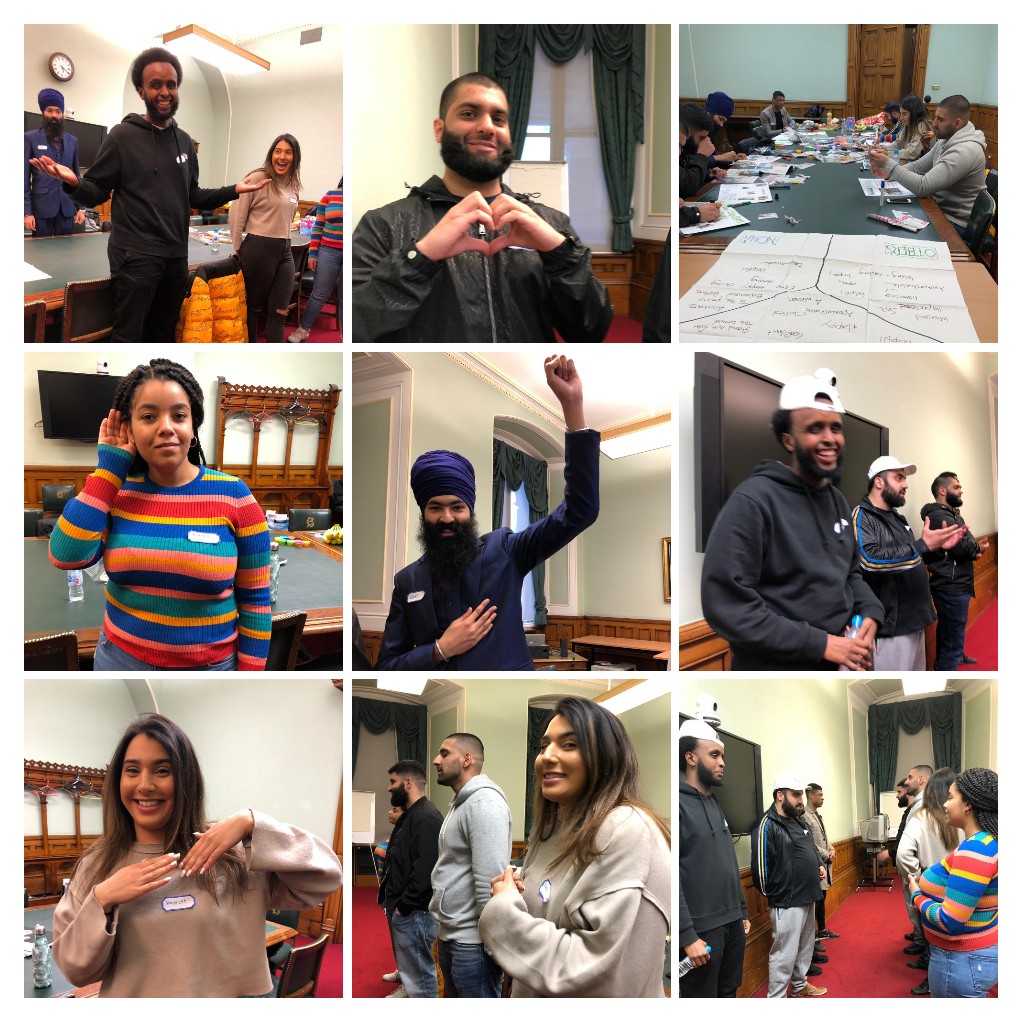
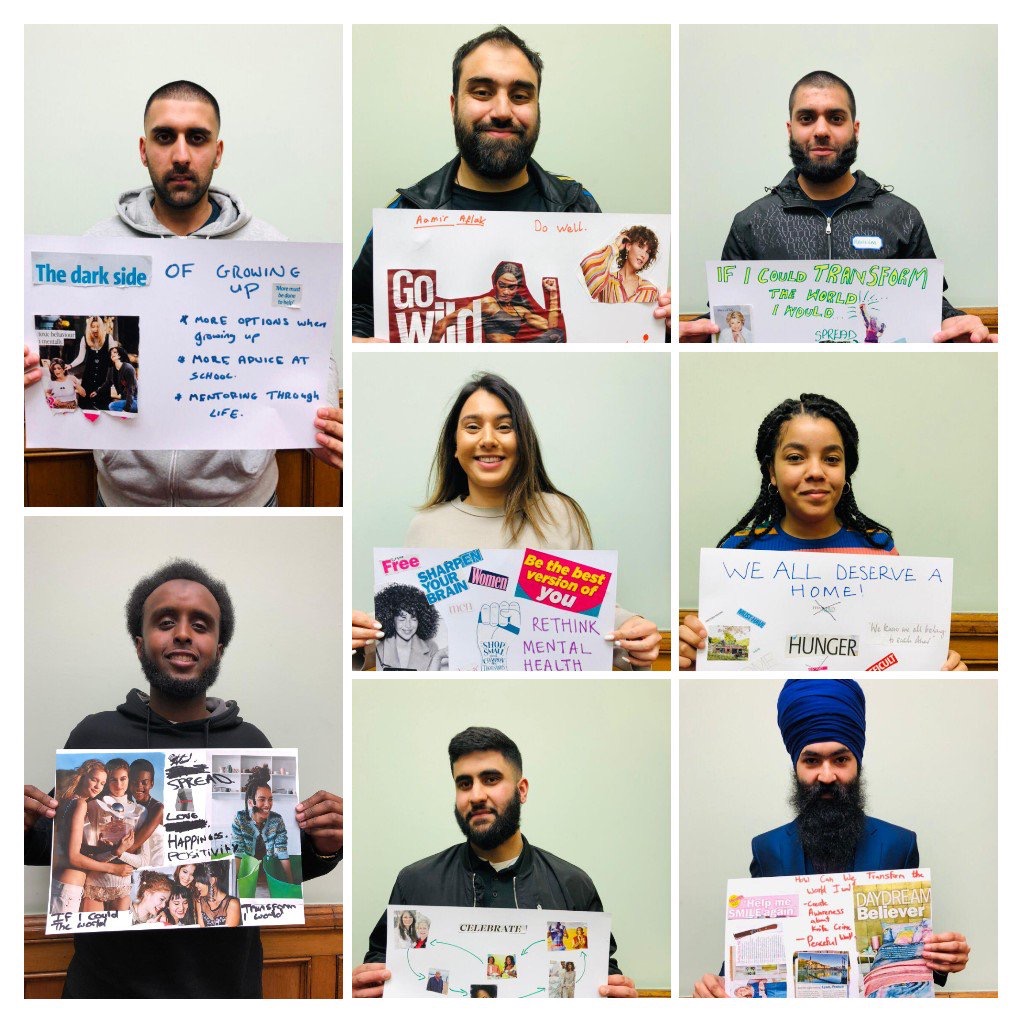
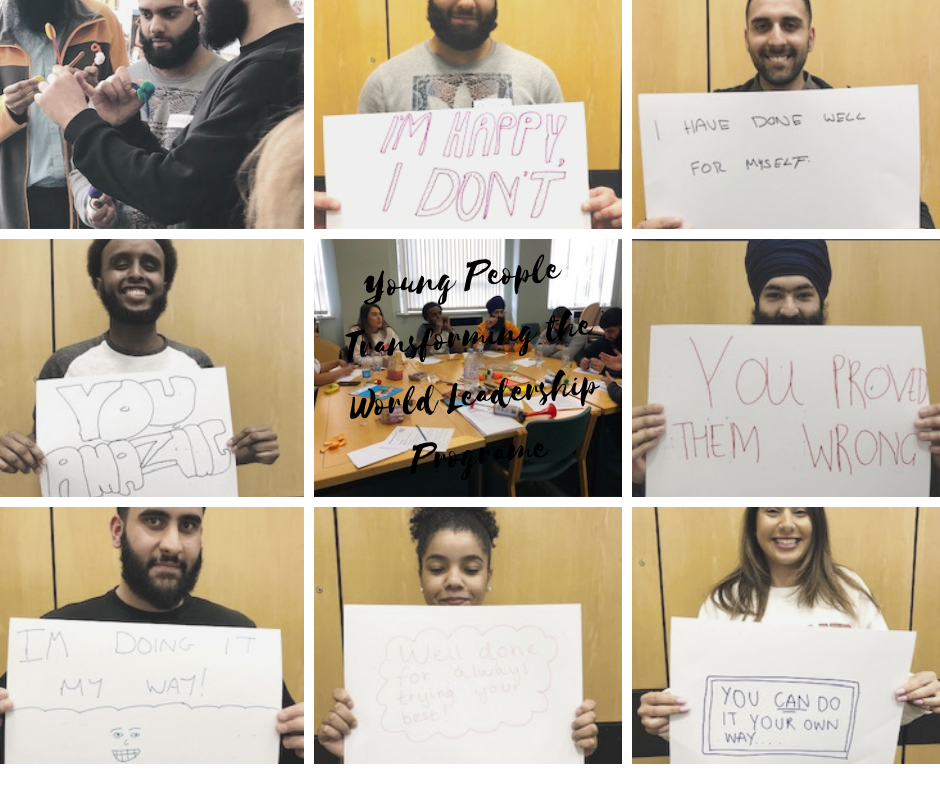
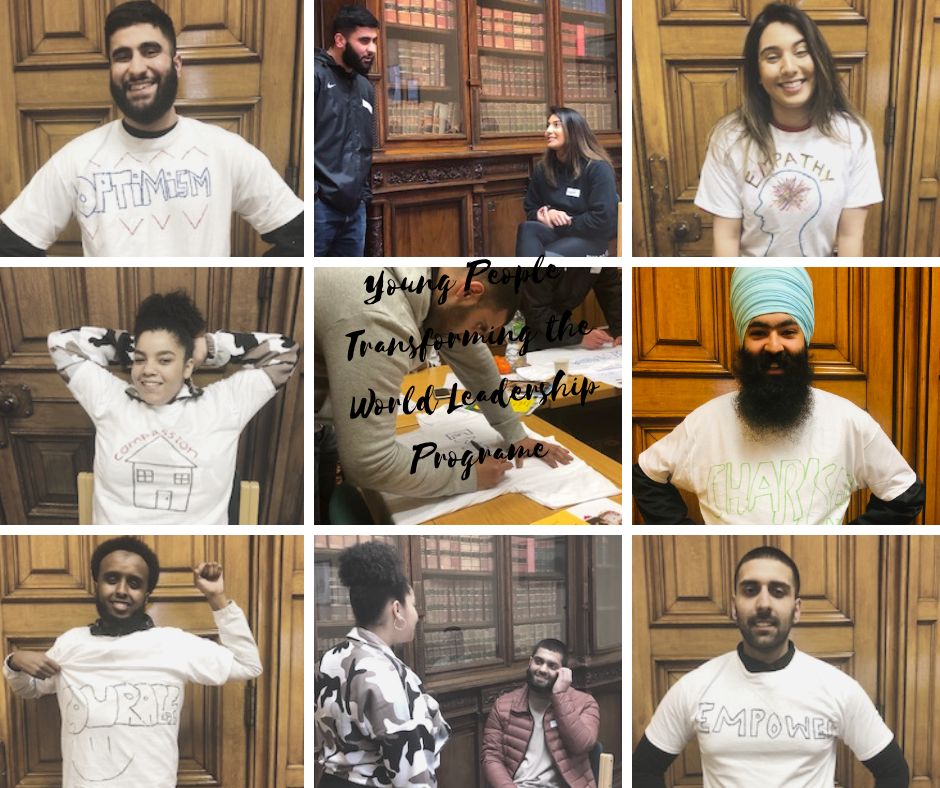
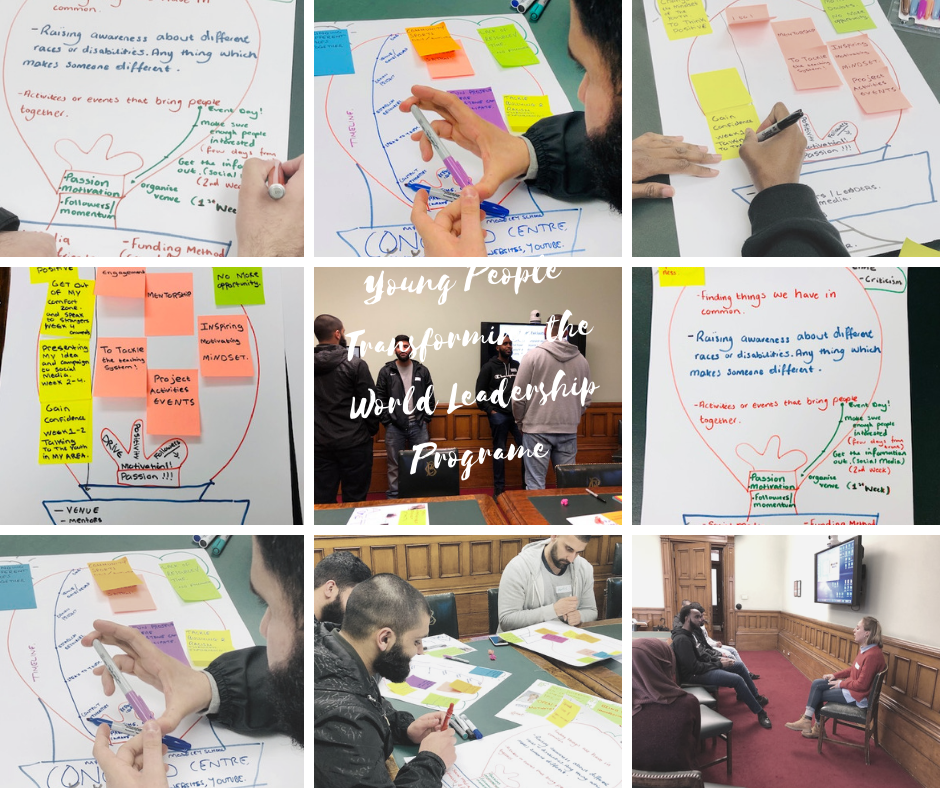
MELA delivers Street Iftar 2019 in Birmingham with partners
On Saturday 11 May 2019, MELA and its partners UKIM, Clifton Road Mosque, Sultan Bahu Trust, Zaf Cash and Carry, Odara, Unity FM, Hope Not Hate, and MAB Youth, delivered the 3rd Street Iftar. The aim of the Street Iftar is to bring together people from all backgrounds together to share food and build intercultural understanding.
We were hosted and fed by UKIM Sparkbrook Mosque with activities, stalls, and interfaith speeches on ‘Our Shared Earth’. It was a huge success with over 600 meals handed out. We met our ‘green’ goals for this year and hope to get better and better year on year. Next year we have our sights on the city centre. We are grateful to our 50 odd volunteers who worked tirelessly to set up, pack the food parcels, distribute them and pack up. It was an incredible atmosphere and team effort.
Here is an article on the Street Iftar in Birmingham Live and a video from the event:
MELA delivers a Community Vision Event for Ministry of Housing, Communities and Local Government
On the eve of the national MHCLG Conference on Better Design for Better Places on 13 February 2019, 40 people from diverse households attended the Community Vision event in Birmingham. The 40 guests represented the demographic shifts that are happening in our towns and cities including ethnically diverse, young people and people over 65. MELA worked with a team of 5 Facilitators and 5 Urbanists to talk and draw people’s aspirations.
We started with 3 statements, 3 questions and 3 aims for the workshop.
1. Demand for housing has never been higher…
Do we want to build housing estates or neighbourhoods?
The aim is to design the Liveable neighbourhood.
2. Loneliness and isolation is impacting our lives…
Can we design places that help us stay connected with other people?
The aim is to design the Liveable Street.
3. Society is changing: we are living longer, we are more diverse, we are living longer alone and having families later in life….
What choice of housing will meet our changing needs over our lifetime?
The aim is to design the Adaptable Home.
4 themes emerged:
1. Build Communities
Community Hubs to bring shared indoor/outdoor flexible communal facilities together for intensity and interaction e.g. a
school/library/playing field/multifunctional places of worship/places to share food, and other meeting places. Using the same spaces for different activities; open all hours, multi-use, intergenerational, free/low cost, and at the neighbourhood and street scale.
2. Build Neighbourhoods
A ‘village-feel’ or neighbourhood – not a housing estate.
A 5-min neighbourhood that is convivial, friendly, safe and liveable where facilities that are convenient in what they offer are close by, accessible and pleasant to get to on foot, by bicycle and on public transport. A High Street. Low rise (less than 10 stories), high density neighbourhoods with variety of green spaces nearby – community gardening, play areas, BBQ areas, outdoor games and sports, open gyms, orchards, parks, and landscaping.
3. Build Quality Homes to Last
Well designed high quality homes to last – joyful, bright, spacious, soundproof, generous in-built storage, energy/waste efficient and recycling waste, small footprints, beautiful, and connected to the neighbourhood.
Future-proofed for accessibility, flexible interior with sub-dividable rooms, integrated yet independent habitable units for the elderly and young people living at home longer.
Diversity – every site and every location is different and requires different responses.
Invest in the fabric of the building.
Talk and listen to the younger generation and involve them in self-build.
4. Build Connections Between Places
Integrated transport – accessible, welldesigned for walking/cycling/trams/trains/buses, affordable, and safe streets.
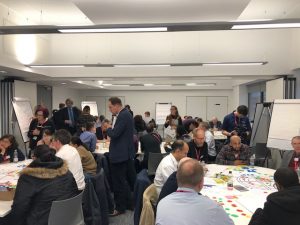
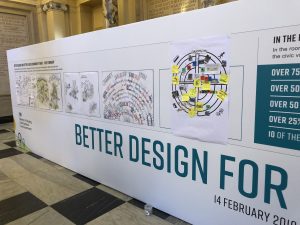
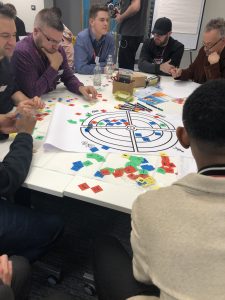
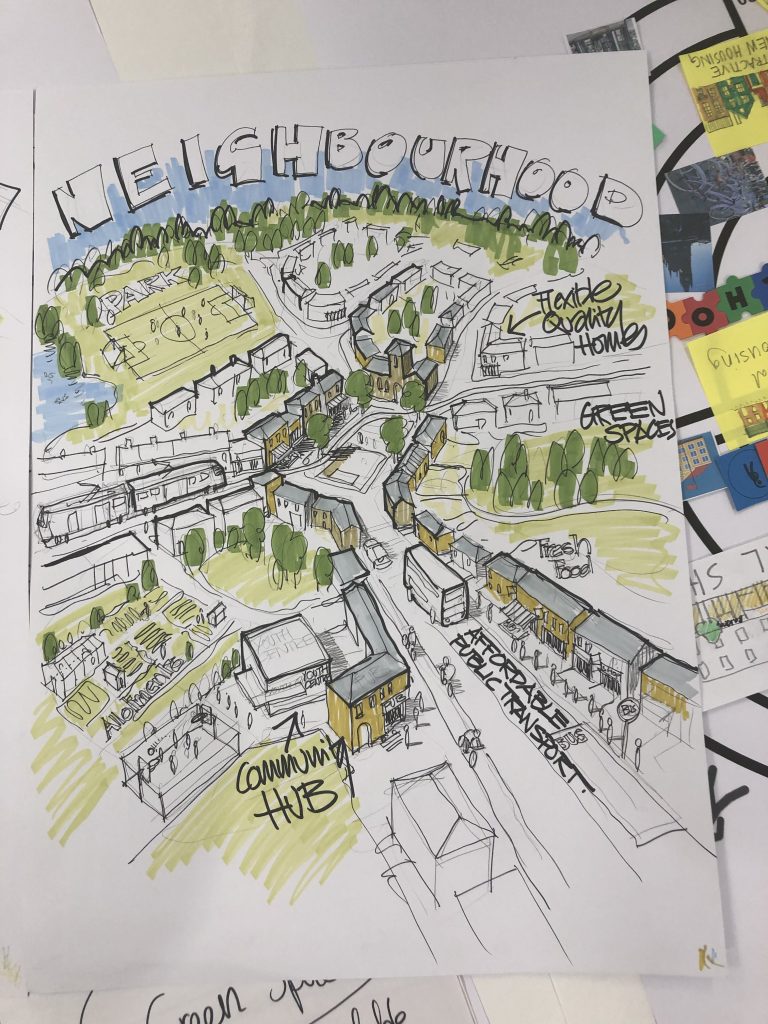
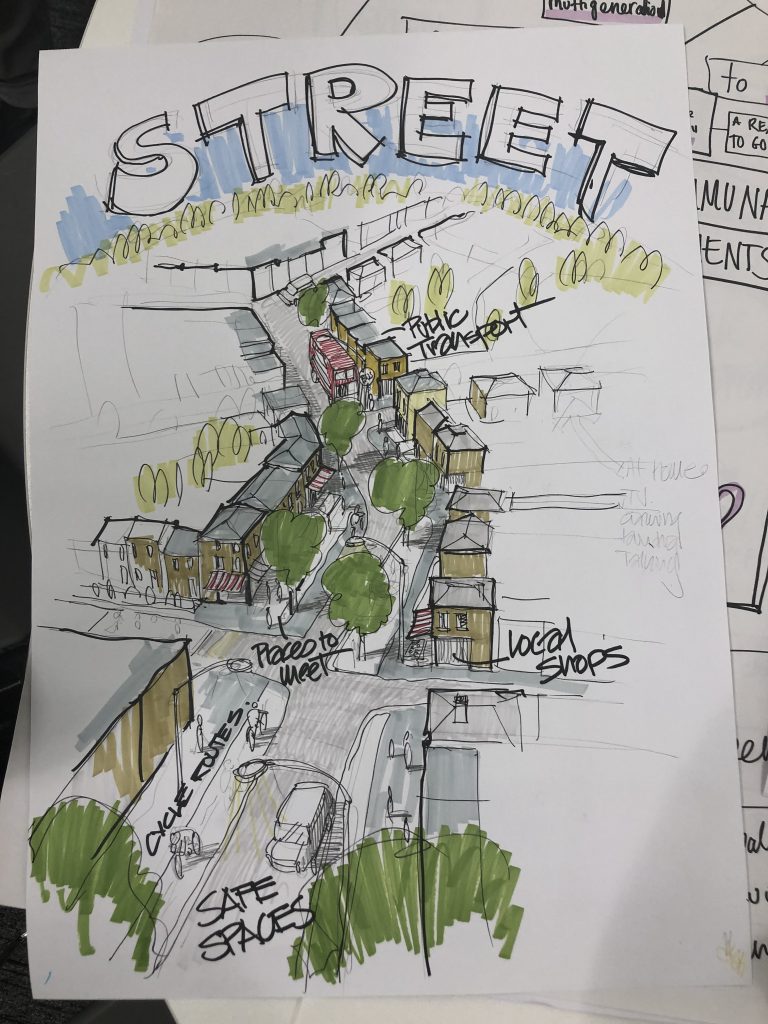
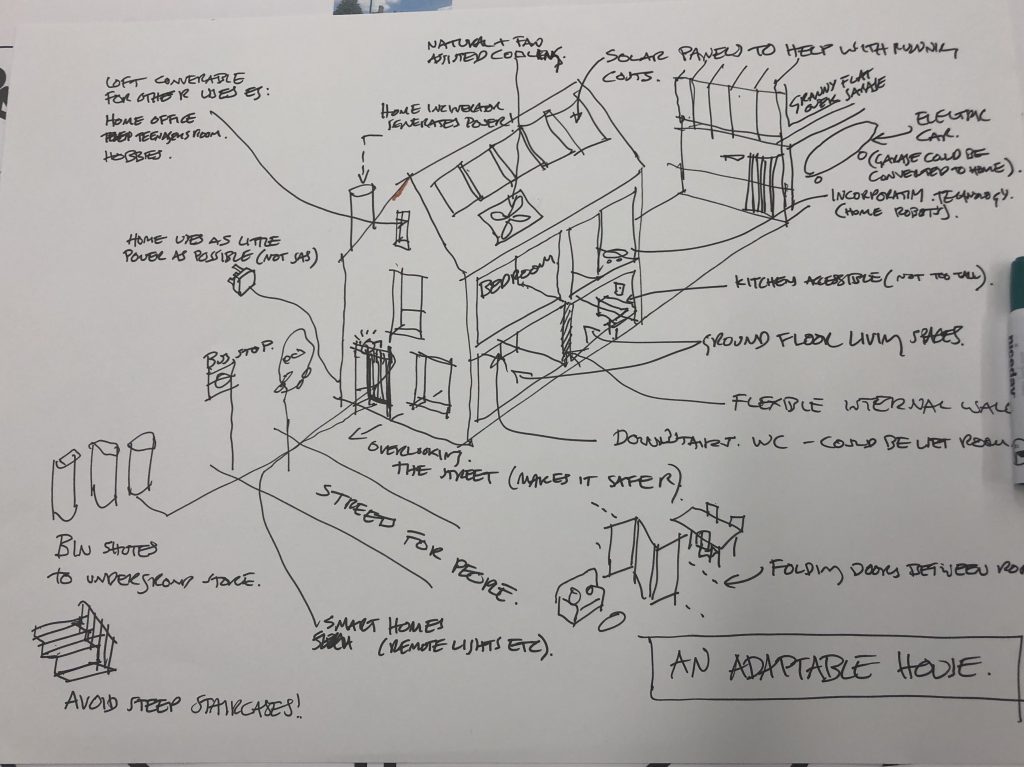
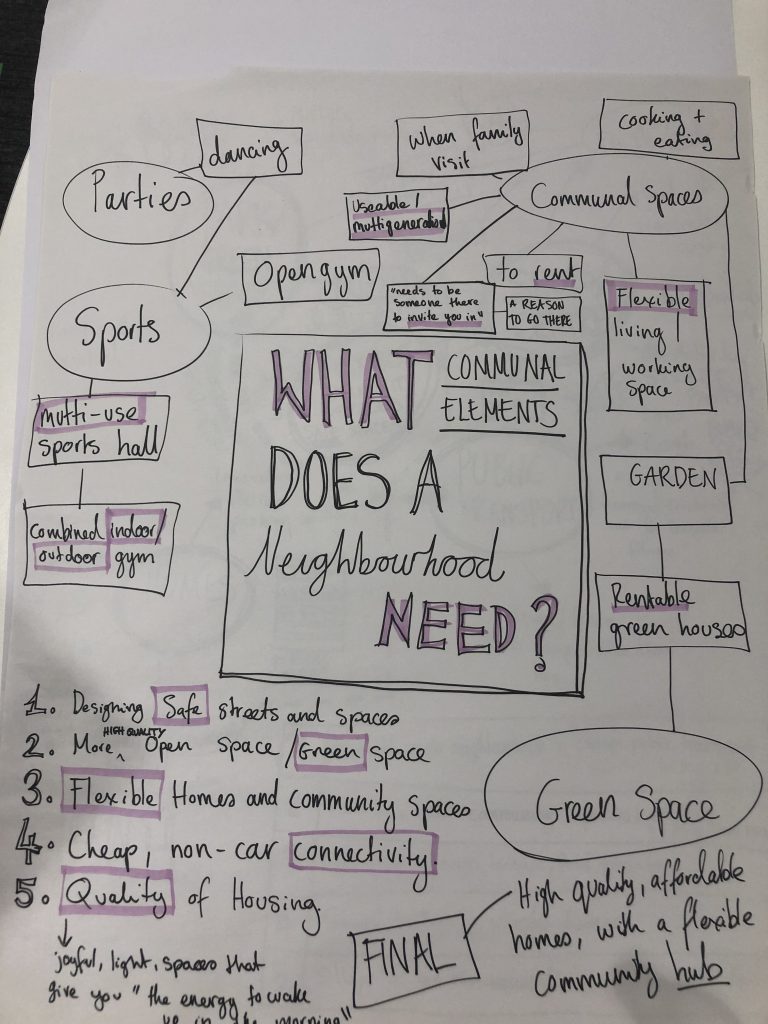
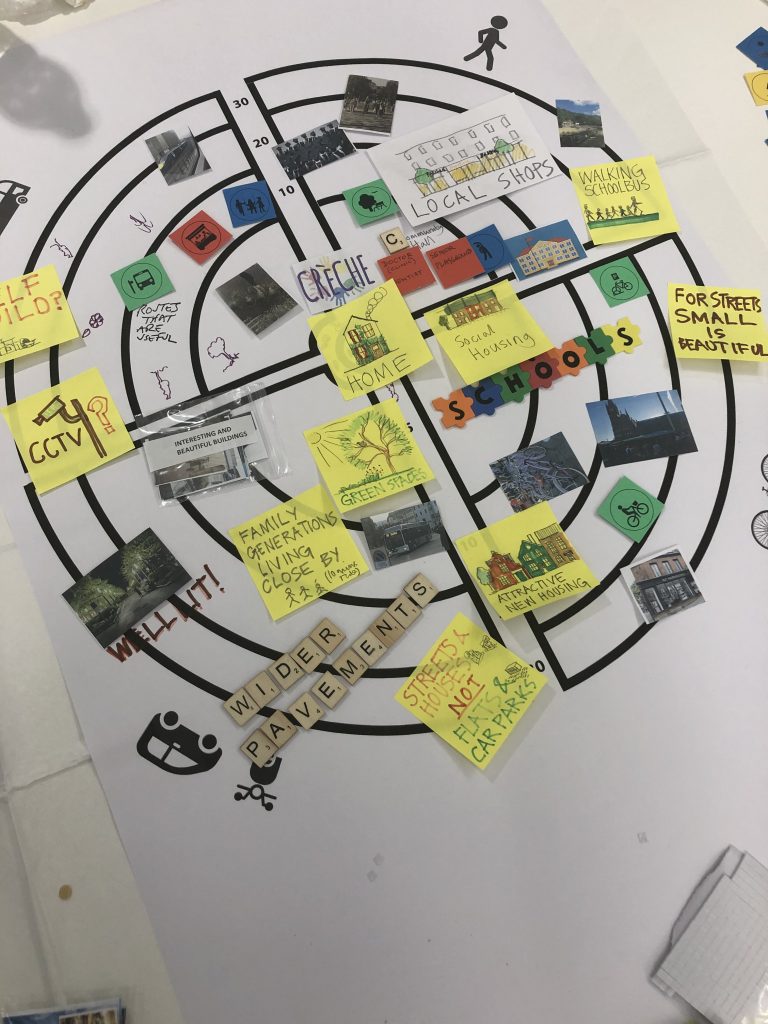
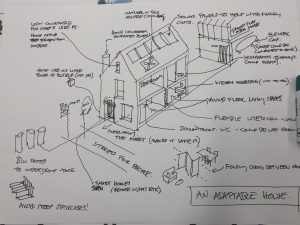
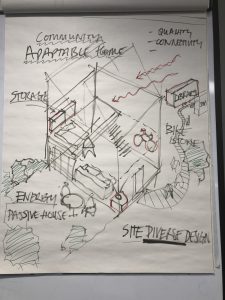
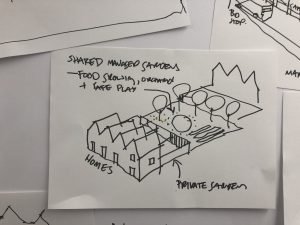
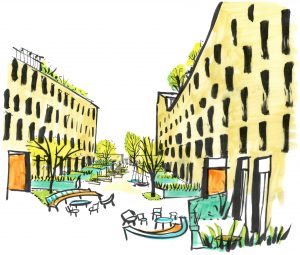
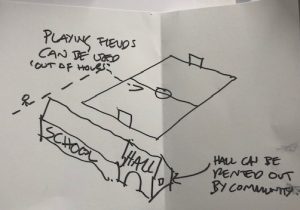
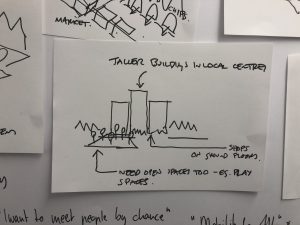
Special thanks to Facilitators Paul Chapman (MELA), Hannah Barter (Urban Vision CIC), Angela Koch (Imagine Places), Leo Hammond (Urban Design Group) and Yasmin Shariff (Dennis Sharp Architects), and Urbanists for their drawings David Rudlin (Urbed), Robert Sakula (Ash Sakula), Alexis Butterfield (Pollard Thomas Edwards), Matthew Westley (Glenn Howells Architect) and Joel Kempsey-Fagg (D5 Architects), and Organisations Accord Housing, YMCA Birmingham, Birmingham City Council, Concorde Youth Centre, Witton Lodge Community Association and Confederation of Co-operative Housing.
MELA wins RSA Catalyst Grant to develop JUST CITIES: empowering women leadership in public space webinar series
MELA is working with women-led organisations in UK, USA and New Zealand to deliver a series of 5 webinars on key themes in the city: The Right to the City; Greening the City; The Right to Housing; The Right to Public Space; and Inclusive Cities.
MELA’s mission is to creatively design and curate public ‘meeting’ places to bridge cultures – both online and offline spaces. Our aspiration is to test the online public space as a place for transforming women’s visibility and participation in decision-making related to their cities on a global scale. The experiment of this webinar series is to test whether technological networks can be mobilised and make a difference on the ground. We will use the Zoom platform as the online forum.
We propose three approaches to achieving our aspiration:
- A quarterly webinar of women leaders of global and local movements who will be part of a panel discussion centred around a ‘just cities’ cause. The audience will have the opportunity to engage with the panellists through online questions and comments.
- A 3-month long online social media ‘hashtag activism’ campaign centred on the identified cause and which encourages contributors to make real time political, environmental, economic and/or social changes in their towns and cities.
- A 24-hour global online conference connecting participants together in a culmination of the webinar series with the aim of reflecting on the impact of the collective action campaigns and looking forward to creating new opportunities for collaboration and co-ordination by defining five new themes for the next webinar series. The online conferences will be supported by local face-to-face conferences in Philadelphia, London, Auckland and Strasbourg.
The RSA has kindly given us a grant to develop these partnerships to bring this movement and campaign about.
MELA participates in the Intercultural Cities STEPS Conference in Strasbourg on ‘Heritage as a tool for community cohesion’
In November 2018 STEPs is a Council of Europe and EU Culture Programme joint project aimed at strengthening community cohesion, promoting trust, dialogue and mutual understanding across diverse societies, through a participatory heritage-based action plans.
Building on the experience and achievements of the Council of Europe and the cities of the ICC Network in the field of cultural heritage as well as culturally diverse societies, STEPS developed and tested a methodological framework for the use of heritage at the local level. This methodological framework was validated through an evidence-based research process which will propose indicators to measure impact of participatory approaches to cultural heritage as a resource for community development and cohesion.
The project involved three main steps:
- Heritage-Mapping and need assessment in relation to community cohesion
- Network mobilisation, training and heritage-based strategic planning
- Developing of perception change indicators and monitoring of results through an initial and final survey
MELA attended the final conference to evaluate and transfer the learning into projects in the UK. This is an ambition of MELA’s.
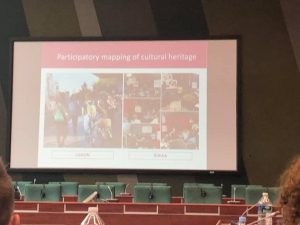
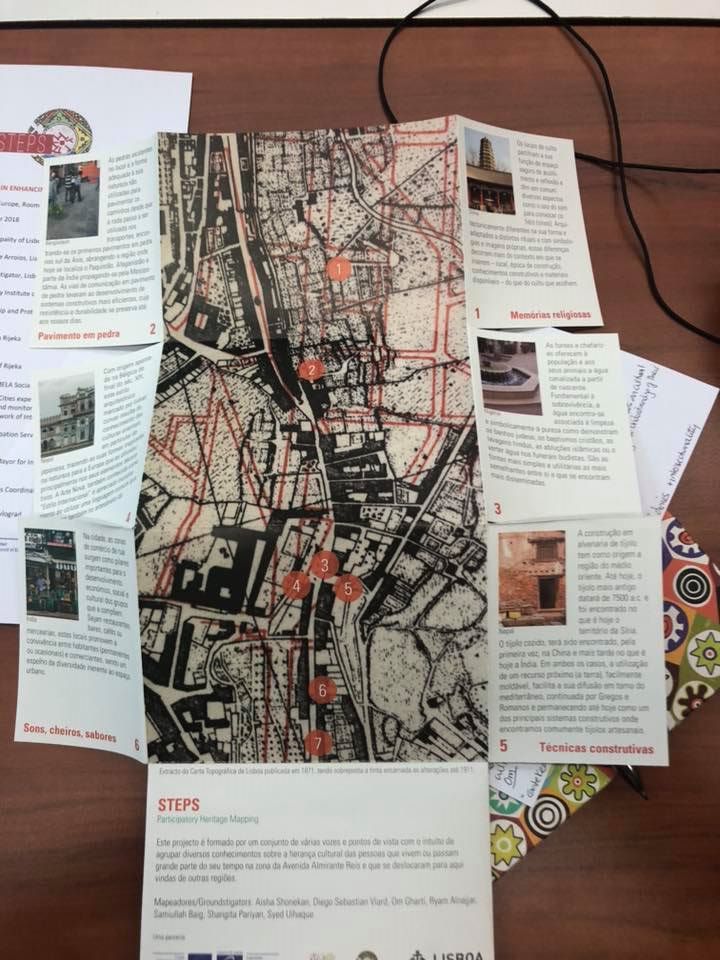
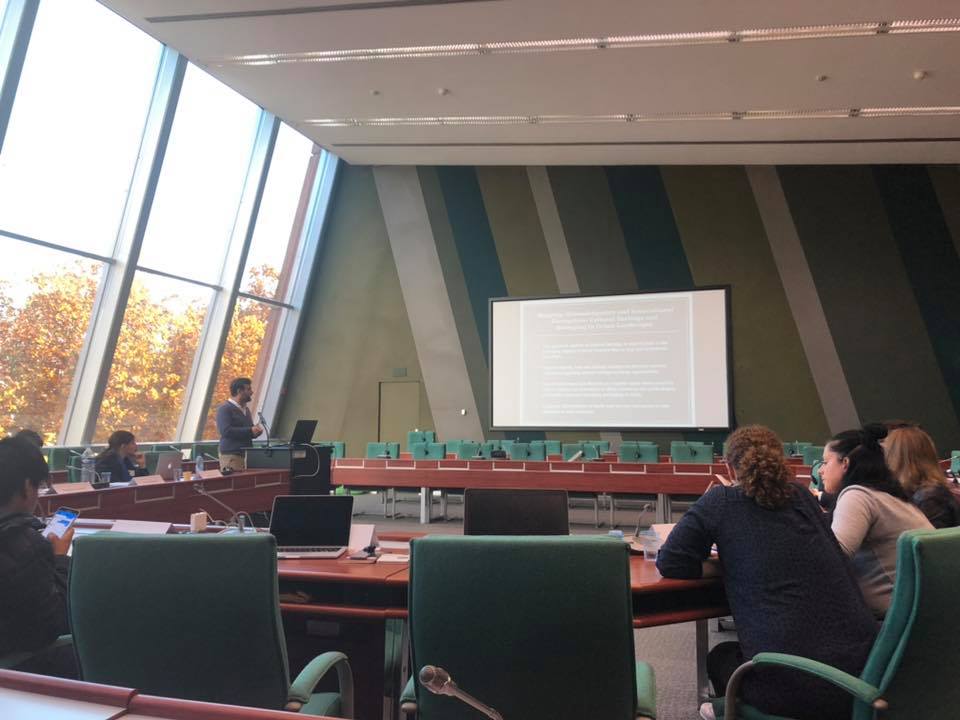
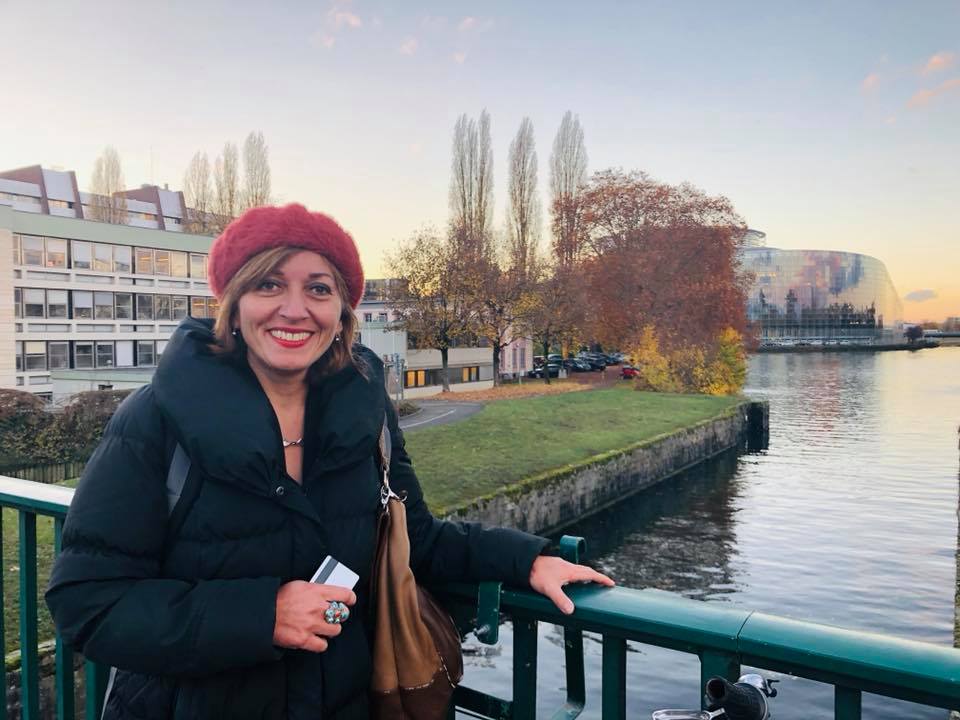
MELA delivers training in ‘inclusive public spaces’ at the Intercultural Cities Integration Academy in Thessaloniki, Greece
In early November 2018, MELA participated in the first Intercultural Cities Academy in Thessaloniki, Greece, where 5 municipalities including Athens undertook a 3 days training programme aimed at giving senior officers and deputy mayors a taster of the different approaches and methods offered by the Intercultural Cities Programme. The aim was to shift focus from a purely humanitarian response to one of local development and recognition of the ‘Diversity Advantage’ of migrants.
MELA delivered training on Community Development in Public Spaces, exploring with participants 5 key questions:
- Introduction: Why public space matters for diversity?
- Diversity Advantage: What is the Place Dividend?
- Equality: How to design inclusive public spaces?
- Intercultural Interactions: What activities promote integration and trust?
- Conclusions: How can the Intercultural Cities index help?
WAVE Cafe commissions MELA to run co-design workshops for their new WAVE Cafe space
WAVE Cafe’s mission is to help overcome the fear, prejudice and isolation associated with learning disability. Their focus is on mutual transformation – changing the attitudes and experience of those without disabilities (i.e. the root cause of exclusion) being as important as building the integration and self-esteem of those with learning disabilities.
MELA held a number of workshops with mixed ability groups to define the vision, design brief, and interior design of the WAVE Cafe brand.
The exciting and fun workshops got people talking, engaging, imagining, and creating models to meet the mixed customers they wanted to attract. The WAVE Cafe is a space for everyone regardless of ability. It’s a WOW space where people can be creative, share, and have fun together.
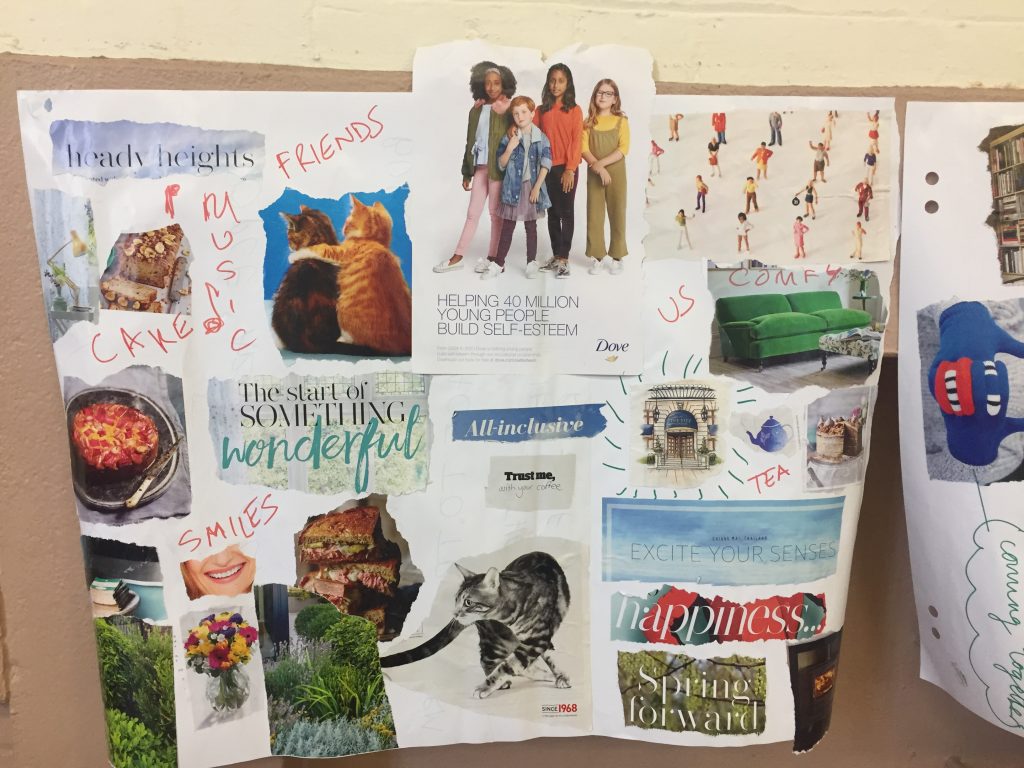
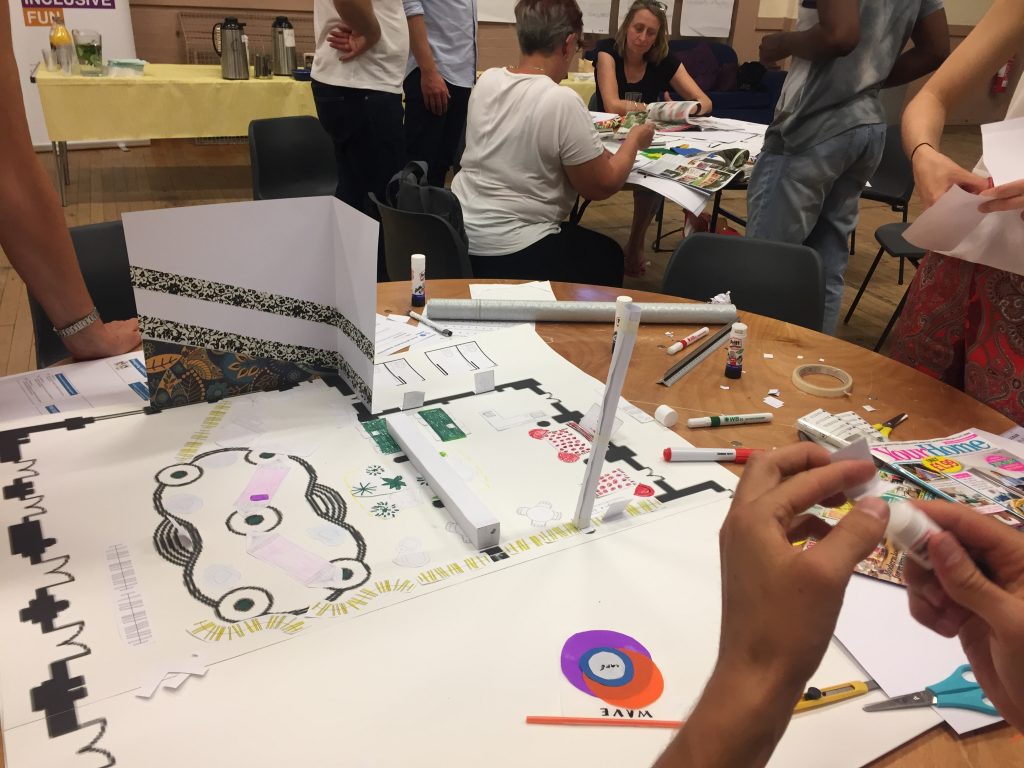
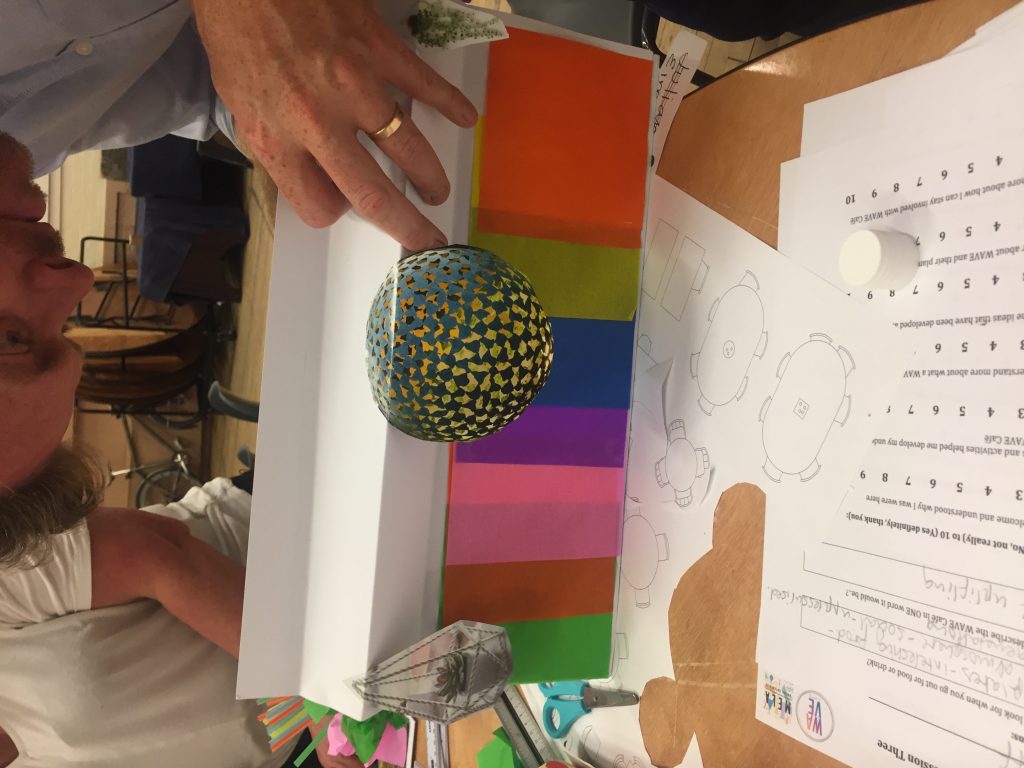

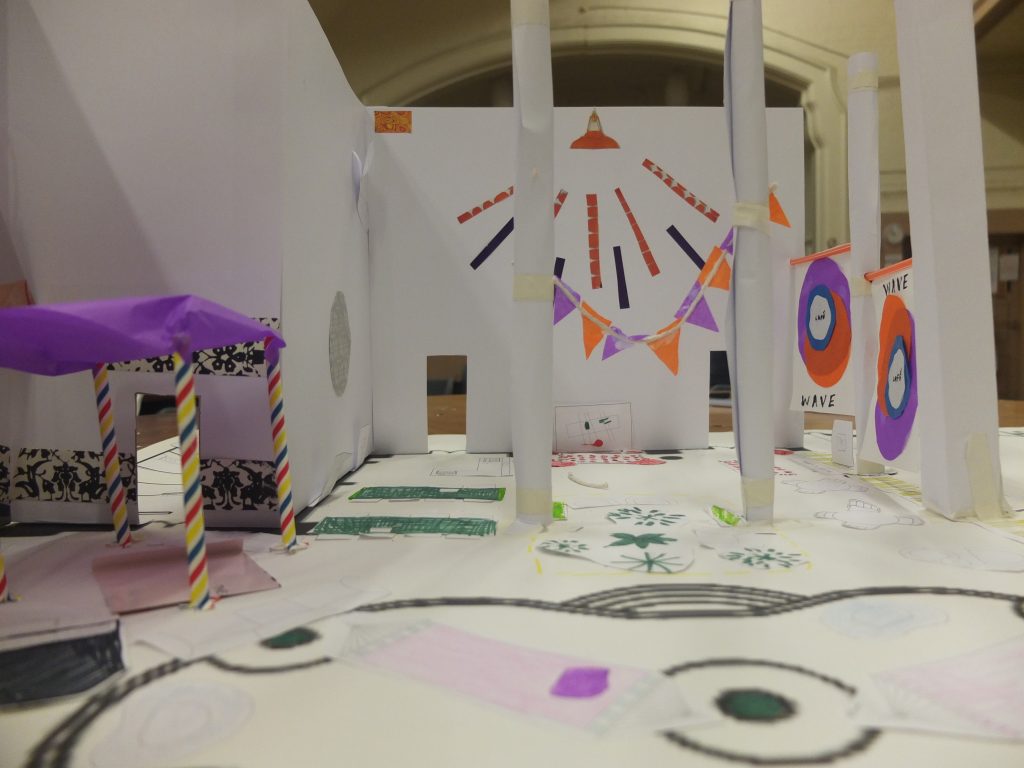
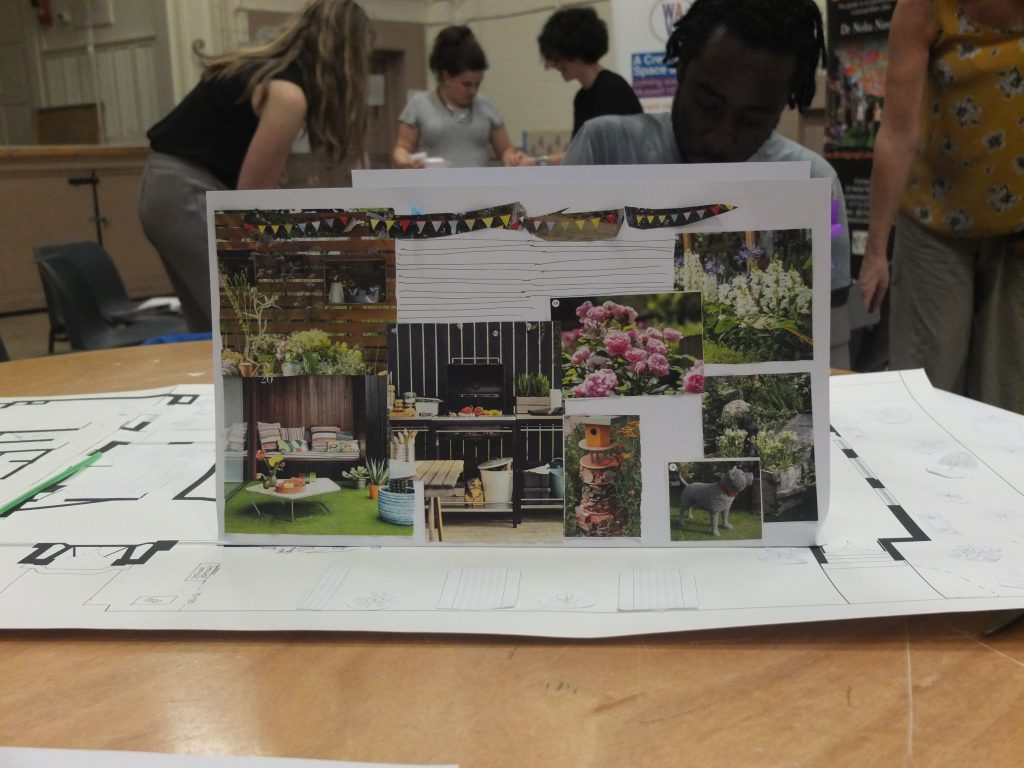
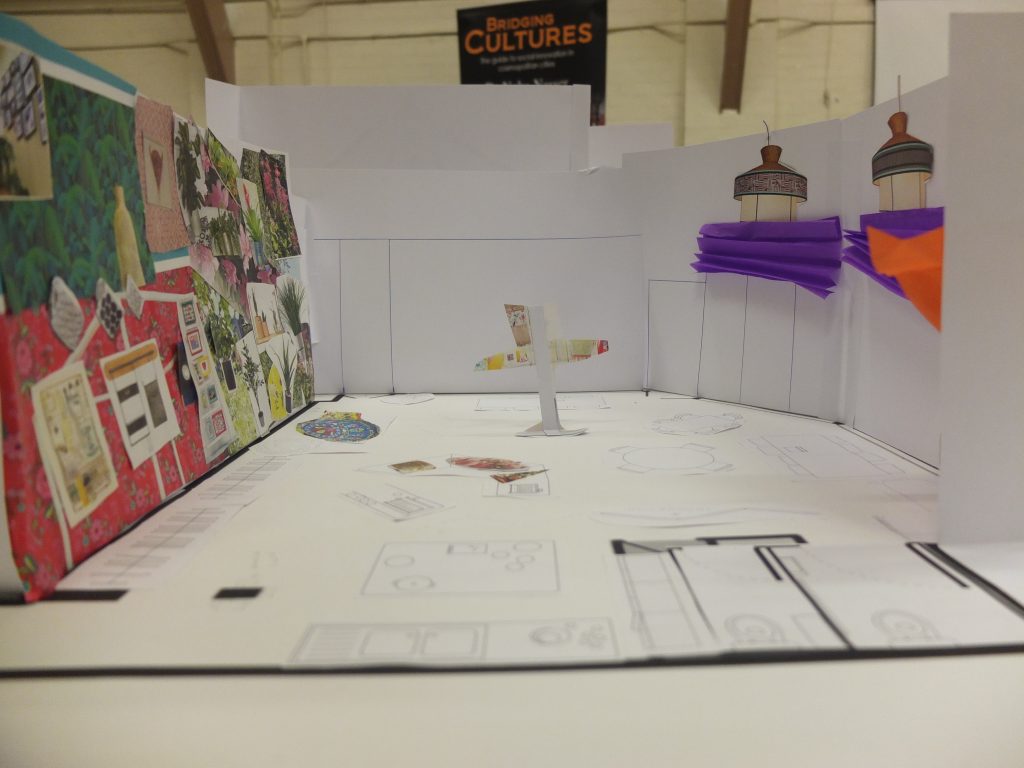
Working with local partners, MELA leads the second Balsall Heath Street Iftar on 27th May 2018
Local mosques working with other faith communities and over 70 volunteers in the Balsall Heath neighbourhood in Birmingham were excited to host this year’s Street Iftar. The venue was the Birmingham Optical car park on Moseley Road where stalls, two big marquees, and a kids zone was part of an intercultural programme where 2000 food parcels would be handed out to feed local people and build understanding and connection.
With no funding in place this year, the Street Iftar was wholly supported by sponsors and local crowdfunding donations. Sponsors included Unity FM, Rubicon, Dabur, Human Appeal, Zafs Cash and Carry, Clifton Road Mosque, Mend, Bahu Trust, and Autoparts. There were several in-kind sponsors as well. An article in the Birmingham Post can be seen here.
Regrettably due to unforeseen adverse weather conditions the Street Iftar was cancelled but the food parcels were distributed to the homeless, women’s shelters, local mosques, and charities.
Thank you to all the Street Iftar team for doing such a great job in challenging circumstances. Thank you to all the generous donations we received. We look forward to next year!
MELA and Accord Housing Association launch the Youth Engagement Space (YES) to encourage young people to build bridges and lead civic action projects in Balsall Heath on 1 May 2018
Working with Accord Housing Association, MELA is supporting a programme of civic action activities for young people in Balsall Heath to develop their leadership and to help build bridges between young people to create a strong sense of belonging.
Two youth mentors will be working to recruit young people from across the neighbourhood and encourage them to co-develop their own programme of activities that they want.
The project is funded by the Home Office’s Building A Stronger Britain Together programme and aims to address the barriers to integration and the causes of extremism.
You can follow the project on twitter @EngagementYes
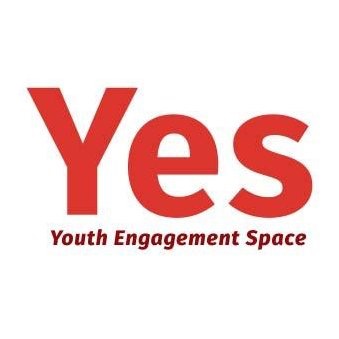
MELA delivers the Balsall Heath Street Festival on a major arterial road on 22nd April 2018
Funded by Arts Council England and Big Lottery, and a number of local sponsors, MELA closed down 450m of the A435 Moseley Road in Balsall Heath, Birmingham with the aim of demonstrating how the public space can be used in different ways to bridge cultures, unite the neighbourhood and transform the perception of this busy thoroughfare.
A cultural programme of 8 local artists engaged the diverse communities by producing site-specific work to get people talking and doing things together. Workshops, exhibitions, public space interventions used indoor and outdoor spaces along the street.
15 local organisations had a visible presence on the street, setting up stalls and activities, including exclusive tours of their buildings to the public in an Open Doors extravaganza.
Local businesses, like Gymmy’s Grill, BBQ-ed outside their restaurant. Next door was the Food Hub Marquee where six sittings each seating 70 people could taste the local culinary delights of 7 culturally diverse local women who MELA trained in Food Safety to launch their own businesses.
Other highlights included the 70 street market stalls, the Live Music Stage, and Active Streets claiming the carriageway for children’s play.
Over 4000 people attended. To see the videos click here and here.
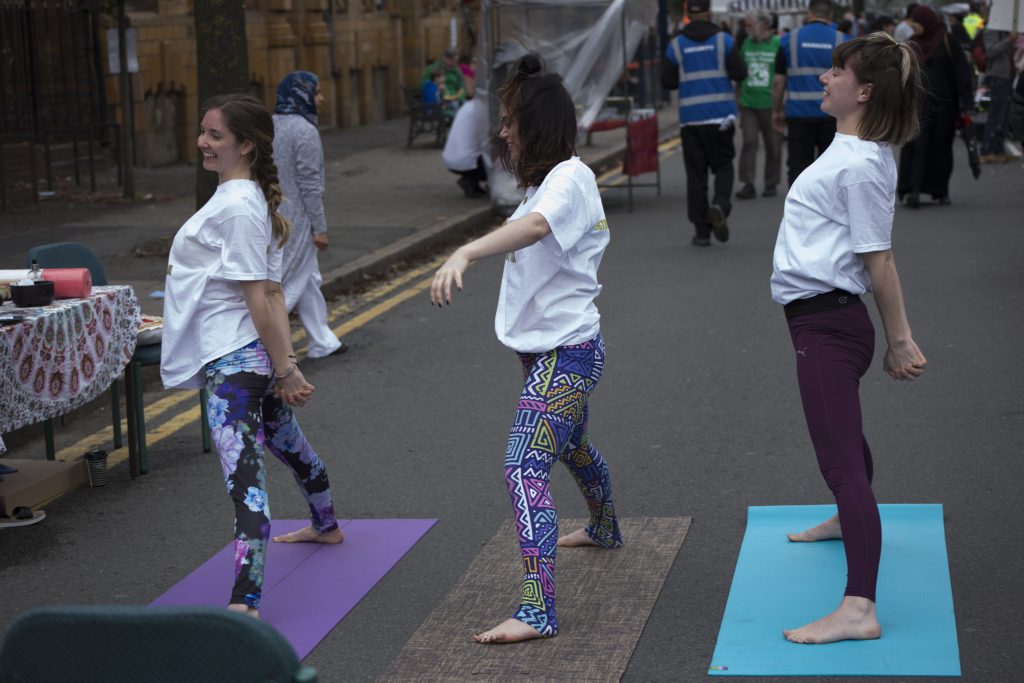
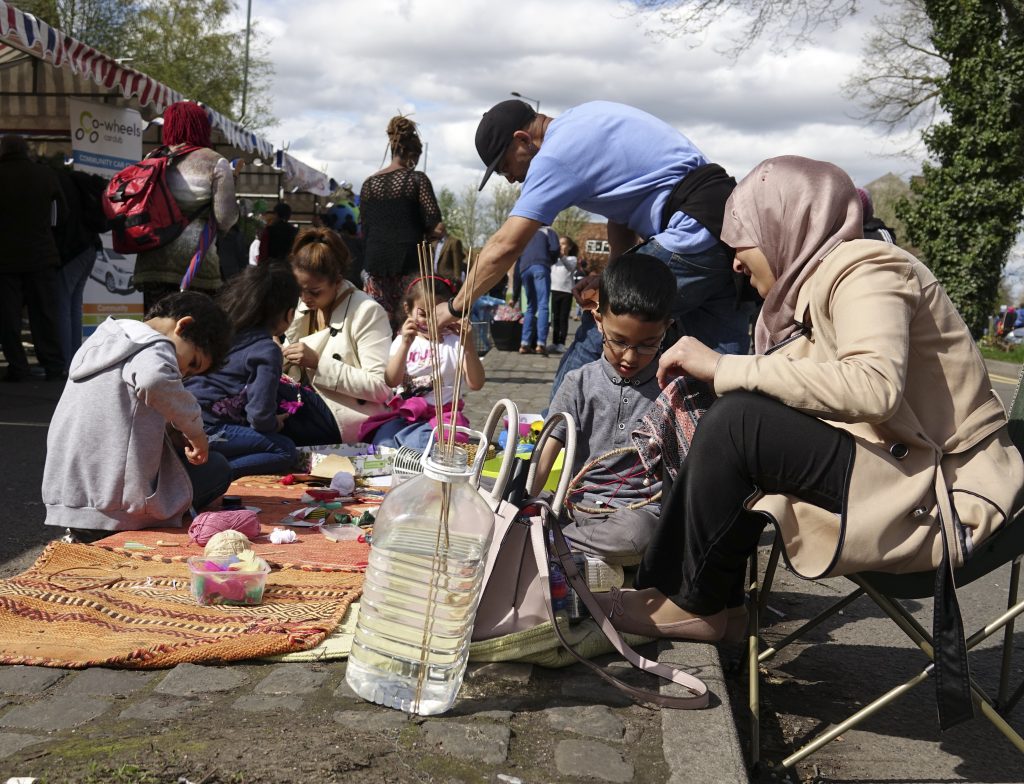
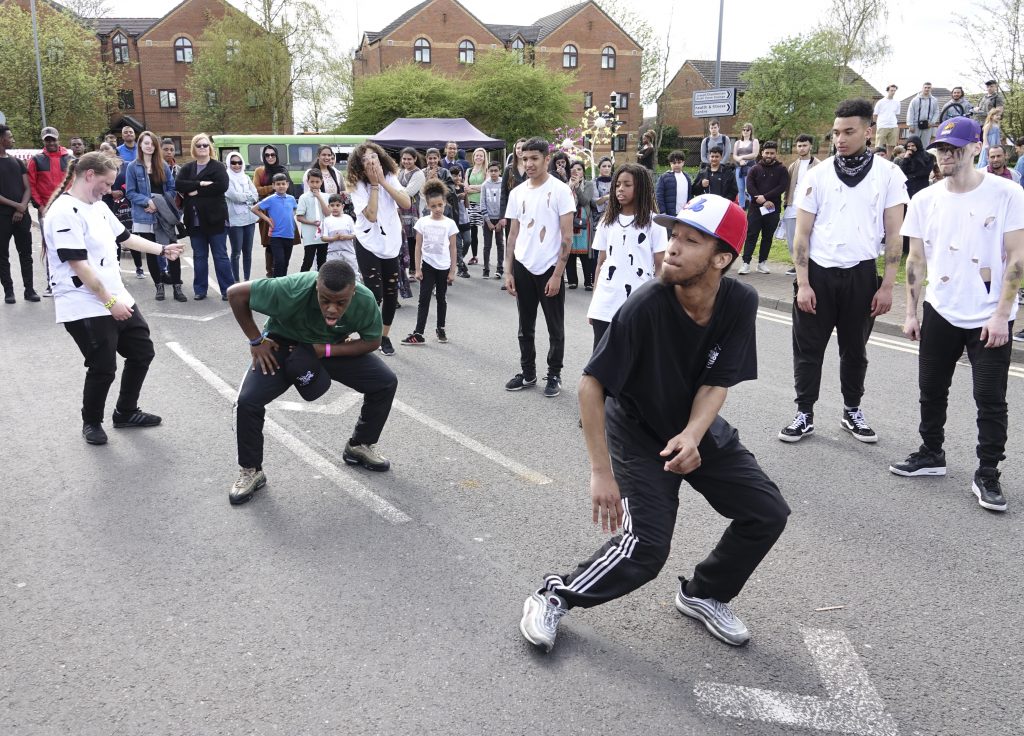


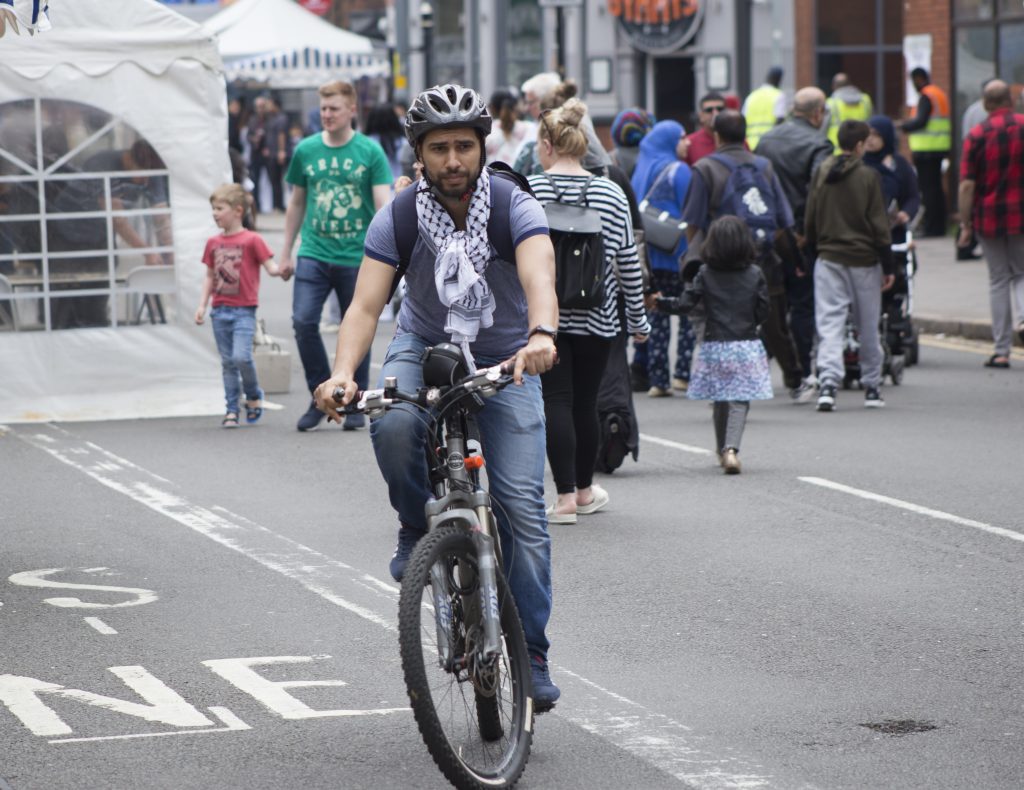
MELA runs Urban Planning Policy Workshop at Council of Europe Intercultural Cities Milestone Conference, Lisbon, Nov 2017
Noha led an inspiring workshop at the #ICCities urban planning policy workshop showing the importance of planning as a tool to embed social inclusion by (i) promoting civic organisation and governance (ii) providing solutions to keeping places affordable and accessible, and (iii) permitting appropriation, experimentation and community animation in public spaces. More inclusive cities are safer cities, joyful cities, and free cities.
Thanks to Cany Ash of AshSakula speaking about the successful meanwhile space #caravanserai. Charles Campion of JTP showing the power of Community Land Trusts, Lyudmila of Melitopol City in the Ukraine speaking about the power of an inter-cultural map to bring recognition and people together. And Juma Assiago of the UN Habitat Safer Cities Programme on how crime is not about poverty but about social cohesion and community self-organisation. Finally thanks to our host Ateliermob, a local architectural practice, for demonstrating how an old Palace Marques de Abrantes is being renovated to stem gentrification, support community collectives and house refugees in Marvila.


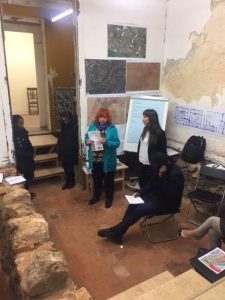
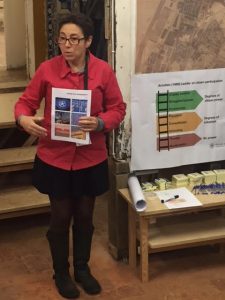
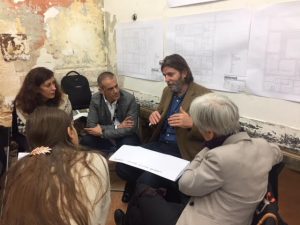
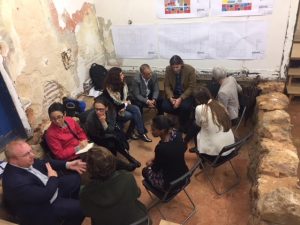
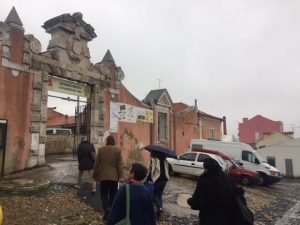
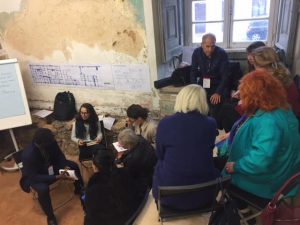
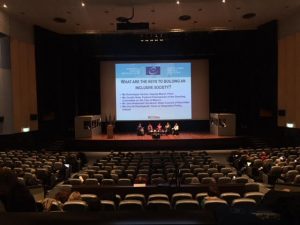
MELA Gala: Connections book launch
On 31 October 2017, we held a MELA Gala to celebrate the launch of our latest book, Connections: 12 Approaches to relationship-based placemaking. The aim of the Gala was to network people from different sectors in news ways that would inspire new conversations, new ways of thinking, doing and being as practitioners, as well as new collaborations.
You can see the presentation about MELA that was running on the night here.
Nine authors ran Speed Dating activities where they addressed the following questions under three themes:
Theme: BUILDING TRUST
Antonia Jenkins is a conflict resolution coach and community building enthusiastic participant. Her question is: Conflict is inevitable when people from different cultures and backgrounds co-exist. As professionals, how can we resolve these conflicts in the interest of building a tight-knit community?
Sandra Hall is an artist creating bespoke performance and installations to make extraordinary art work in awkward spaces. Her question is: ‘The Map is not the territory” – What creative strategies do we need to explore and employ, to work in unfamiliar and new contexts/situations to respond appropriately and effectively?
Sarah Sayce is part-time Professor at the Royal Agricultural University, joint Executive Officer for the Council of Heads of the Built Environment and an independent researcher. Her question is: In the age of fake news and the power of social media to drive mis- and dis- trust what can we, as MELA and its supporters do to engender trust in communities of the advisors and officials with whom they interface? Is it about power balance? Experience? The need for proof in everything?
Theme: DESIGNING DIVERSE PLACE IDENTITIES
Phil Wood is an independent writer and researcher on urban policy and culture. His question is: How can we develop a cross-cultural place-making practice, at scale, which embraces the non-rational side of the human character?
Scott Elliott Adams is a passionate urbanist with qualifications in urban design and architecture. His question is: Designers typically design public spaces and leave the final space to be inhabited by the local community after the design is completed. Often the spaces may cater to certain groups over others. How can designers enable a process to be inclusive to current and future communities and allow spaces to evolve over time?
Juliet Bidgood is an architect/urban designer who works at a range of scales from the tactical and social to the material. Her question is: How can arts organisations work creatively at an urban scale?
Theme: BRIDGING COMMUNITIES
Charles Campion is JTP Partner-in-Charge of participatory co-design processes with communities and stakeholders from all backgrounds and sectors. His question is: How can you involve all sections of the community in shaping the design and use of their community public spaces and create consensus?
Hannah Barter is a planner and urban designer. Her question is: What are the barriers local authorities perceive to making new connections with different sectors and how to overcome them?
Esta Orchard is an Environmental Psychologist researcher and practitioner. Her question is: How can we support young people’s community engagement / engagement in spatial planning in the current climate of cuts to front line services that could engage them?
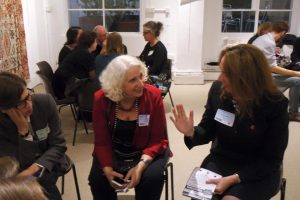
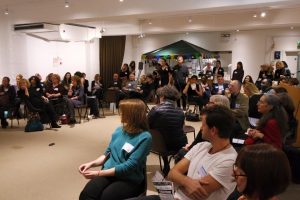
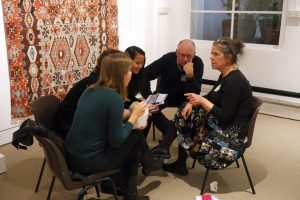
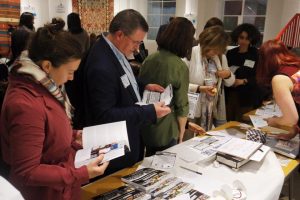
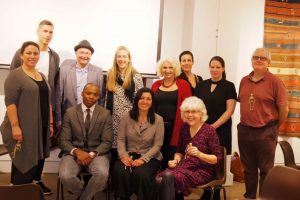
The outcome of the event was a summary of the conversations and a film. You can read the summary here:
Connections – summary report 2017
MELA delivers a Bridging Cultures Workshop on Intercultural Tourism in Odessa, Ukraine
In the Council of Europe’s Intercultural Cities Network, the Ukraine has six active cities who wished to develop their ideas on intercultural tourism; focusing on integrating diversity within social enterprise development in the tourism sector. MELA Social Enterprise was invited to run a workshop focusing on the principles and mechanisms of social enterprise creation, functioning and sustainable existence, from a diversity perspective.
The aims of the workshop were to:
• build the knowledge and awareness across the cities of the concept of social enterprise and begin to define intercultural tourism
• develop a collaborative Action Plan on intercultural tourism
The objectives of the workshop were to explore:
• The principles of the diversity advantage and its implications on Odessa and the six Ukrainian cities
• How can promoting social enterprises provide the foundation for socially-responsible intercultural tourism?
• What is a shared definition of intercultural tourism and what policies and plans can support its promotion?
• A range of examples of socially-responsible intercultural tourism initiatives and what can be learnt from them?
• The challenges facing Odessa and other Ukrainian cities in developing social enterprises in the tourism sector?
• What local examples exist of socially –responsible intercultural tourism and what can be transferred to other contexts?
• What future actions need to be taken to promote socially-responsible intercultural touristic enterprises?
The workshop focused on ‘intercultural tourism’. A distinction was made to avoid forms of tourism that exploited culture as people or places for entertainment and consumption of diversity such as Little Odessa in New York or Slum Tours in India, or Chinatown. Rather, in contrast to these case studies, intercultural tourism has two priorities:
• promotes intercultural understanding through encounter and interaction
• benefits directly minorities and diverse cultures economically
• can be used as a platform to generate debate and challenge stereotypes and media portrayals
• Allows minorities and diverse cultures to represent themselves rather than to be represented.
The workshop included a visit to Impact Hub Odessa. This is a vibrant outfit of social entrepreneurs who showed us around the building and explained the set up. Most striking were three projects; the first is the Green Theatre which was an abandoned building converted into a social meeting place for the city. Although not profitable and financed through philanthropic donations, it is a very good example of civic action. The second project works with internally displaced people (IDPs) to promote businesses with 70 individuals and to demonstrate that IDPs are contributing to the local economy. The third project of interest was that addressing the isolation of the Roma community and aims to develop an information centre where visitors can interact with the Roma community, learn about their values and lifestyles and breakdown stereotypes.
Recommendations:
• Cities begin by identifying their community needs/challenges/opportunities
• Starting with the need they can then develop business solutions
• Cities will need to decide whether their role is an enabler of minority business or the Council sets up the social enterprise to benefit its minorities
• Cities can then develop a business plan for at least one business idea
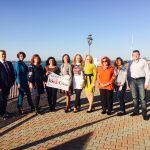
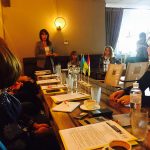
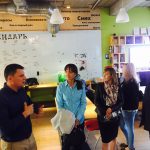
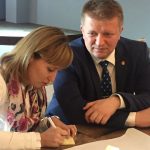
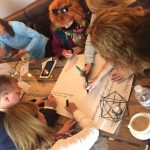
Community Dialogue and Social Enterprise
Noha was invited to deliver a webinar for GlobalNet21 on the theme Community Dialogue and Social Enterprise.
This was her context for the talk:
In the past few months we have witnessed horrific incidents in London of terrorism and tragedies like the Grenfell Tower inferno. What these incidents represent is the growing tension within multicultural societies – a tension in ideology, in social inequality, and urban segregation. Diverse societies in global cities, like London, are experiencing the impact of these tensions on the relationships people have with each other. Mistrust, suspicion, bigotry, prejudice and discrimination are just some of the barriers to social cohesion that ultimately unfold into the horrific incidents we have recently witnessed. So what can be done about this? My personal commitment and passion is to bridge cultures. In 2015 I set up my social enterprise, MELA, as a vehicle for bridging cultures through the creative use and design of public spaces . In the public buildings and spaces of the city, like parks, playgrounds, squares, libraries, and streets, diverse communities mingle and mix. MELA focuses on enhancing and optimising these social encounters so that they are deep and meaningful. We do this through community dialogue and building, we hold enjoyable events where diverse people get to experience each other differently, and we design city spaces that have greater opportunities for random encounters. Setting up a social enterprise has many benefits that appealed to me. We trade flexibly like a company but we uphold high social values and prioritise social impact. We re-invest any profits we make into the business and therefore grow our social impact. In a world today where disruptive innovations are dismantling deep-seated systems and processes, social enterprise business models are proving the way forward. It is worth exploring.
You can watch the webinar here.
Moseley Road Street Iftar – part of the Great Get Together
On Sunday 18th June 2017, MELA and its partner organisations and businesses along the Moseley Road in Balsall Heath held a Street Iftar as part of The Great Get Together in memory of Jo Cox.
Hundreds of people and organisations from across Balsall Heath came together for the first time that Sunday to break the Ramadan fast (iftar) in a ‘Street Iftar’, celebrating the life of Jo Cox as part of the nationwide Great Get Together.
Over 110,000 Great Get Together events took place across the UK that weekend, as part of a celebration of Jo Cox’s life and legacy – one year on since she was murdered by a white supremacist – and bringing together communities around what they have most in common.
“The Street Iftar is designed to bring all members of Balsall Heath together regardless of cultural or religious background and to animate the Moseley Road as a new meeting place for both sides of the neighbourhood,” said Noha Nasser, Director of MELA Social Enterprise who organised the event.
“This is the first time partners along the Moseley Road have united in solidarity to plan this type of event and to take their interfaith work out into the public space for everyone to participate.
“We hope the Street Iftar will kickstart an annual intercultural and interfaith event where Balsall Heath can unite to break bread together. It is the start of the regeneration of the Moseley Road as a key meeting place for the neighbourhood,” she said.
In excess of 1000 people attended the event and 1500 meals were distributed. There were short talks from friends of many faiths, networking games, food and entertainment stalls.
A video of the event can be seen here.
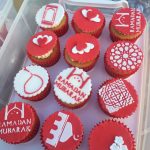
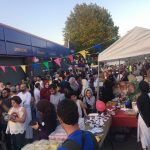
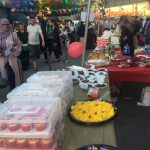
Kings Cross Bridging Cultures Roundtable
On 13th March 2017, MELA Social Enterprise delivered the Kings Cross Bridging Cultures Roundtable with partners Knowledge Quarter, Impact Hub Kings Cross, and Camden Council.
The aim of the roundtable is to address inclusive growth in Kings Cross and Knowledge Quarter by engaging and connecting more people from the surrounding area. The Roundtable brought together social innovators (charities, community organisations, and social enterprises who find creative solutions to bridging cultures) with the public, private, cultural and academic sectors.
There appears to be an unparalleled opportunity to leverage the momentum associated with the ongoing regeneration of Kings Cross with the range of world class institutions to deliver transformational change to the wider area defined as the Knowledge Quarter. This can be a mutually-beneficial opportunity to enhance and grow existing communities to create a thriving Knowledge Quarter, as demonstrated by the Bridging Cultures Roundtable. This process can create the synergy amongst the existing people, organisations and stakeholders through a collaborative and inclusive plan of action. We look forward in developing a proposal to harness this energy and to create a wider area framework to facilitate this process.
The key themes emerging from understanding where the opportunities for transformation are to be found were:
- Communication: A strong emphasis was given to how institutions, organisations and the Council can better communicate with local people with the aim of building an open and trusting relationship. Communication does not only mean the use of easy-to-understand everyday language, but also the dissemination and awareness of information, and easy access to support. The improvement of channels of communication was considered important. Greater social networking opportunities between the Council, institutions, organisations and communities was highly valued to promote meaningful dialogue and which could be real and/or virtual.
- Collaboration: A strong theme was the need for a welcoming and engaging partnership approach in the development of policy, and engagement of local people in sustained long-term training, education and the cultural development of the area. The need for a cross-sectoral approach was discussed and requires a shift in internal organisational culture to simplify the process for new collaborations to take place. Value was placed on positioning communities as a focus of cross-sectoral working rather than policy or fiscal needs. A clear understanding of who delivers what in the area needs to be mapped and disseminated so that new partnerships and exchanges can be created.
- Involvement: The focus on listening and speaking to people living in the area was considered the foundation for participation and involvement in the future of Kings Cross. By mapping local needs a number of opportunities would arise such as recognition and value of local skills and knowledge, the engagement of local people with organisations like the Impact Hub and Knowledge Quarter, and the transfer of knowledge by people working in Kings Cross to deliver change in communities. The aim is to support and empower the community in taking a ‘steering role’ over the area, and its employment, education and cultural opportunities, particularly young people, residents in the Council Estates, and BAME communities. Another focus is ensuring public spaces and buildings are welcoming, comfortable, playful and accessible in the way they are designed and programmed
- Sustainability: Concern was raised for the need for a level of continuity to ensure social inclusion is implemented long term.
RECOMMENDATIONS:
The Action Plan can be summarised under a number of key themes to implement:
- Produce mapping and research of assets, stakeholder networks, and barriers to inclusion for setting up a real/virtual sharing platform
- Develop a Sharing Platform for all networks similar to Knowledge Bank by Knowledge Quarter but for wider community-based organisations to share knowledge, assets, services, skills and needs for employment, venues, events, housing, workspaces, work experience, partnership development and community consultation/engagement
- Create a Strategy of Engagement to be co-produced by all networks in the Kings Cross and Knowledge Quarter area and supported by the co-ordinated spending of Section 106 and CSR money
- Develop a Public Buildings and Open Space Strategy that co-ordinates a long-term programme of accessible events and shared spaces
- Produce a Wiki Plan for Kings Cross similar to Melbourne’s Wiki Plan where the community are partners in the design of policy e.g. Camden Cultural Strategy
A film of the event can be seen here.
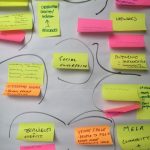
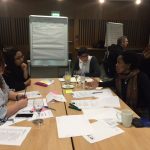
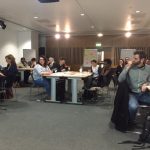
Limassol Bridging Cultures Roundtable (Cyprus)
As part of the Council of Europe’s Intercultural Cities Network, MELA was invited to run a Bridging Cultures Roundtable in Limassol, Cyprus. 35 people attended from the international community alongside local activists from civil society to co-produce an action plan for an intercultural future for the city.
Following the event, the Municipality pledged to set up an Intercultural Council to produce an Intercultural Policy to collectively address the many needs and issues of ex-pats, immigrants, and refugees.
The value and needs of civil society in Limassol were:
- Bridge between organisations, cultures, practices and services
- Flexible, responsive but needs independence and recognition
- Committed to tolerance and acceptance and equality
- Interested in meeting demand but need co-operation and permissions from the Local authority and state
- Need independence to act with fewer restrictions – the space to develop
- The need to start with a dialogue about the situation and to view diversity differently where all society is involved
- Resources
- Respect from wider community and recognition
- Better communication
- Integrate migrants into civil society
Bristol Bridging Cultures Roundtable
The second Bridging Cultures roundtable event in Bristol received endorsement of newly elected city Mayor Marvin Rees, who attended along with leaders from the corporate, cultural and social innovation sectors to explore how public spaces can better embrace social cohesion.
The roundtable event, which was held at the Bristol offices of independent law firm Burges Salmon on Friday, July 22, 2016, further elevated the city’s ambitions for social inclusion as Mayor Rees is committed to Bristol becoming a global city of culture. The event complemented the city’s innovative urban development and thriving cultural economy and international reputation as a leading destination.
The roundtable initiative is the brainchild of Dr Noha Nasser, a respected urban designer, social entrepreneur and author. Over the next twelve months Nasser is planning additional city roundtable events to complement the vision of her award-winning book Bridging Cultures: the guide to social innovation in cosmopolitan cities. Nasser asserts that the event can assist in creating a fresh narrative which contributes to the wider complex cultural debate which incorporates the constant redrawing of urban spaces in communities across the country.
The roundtable created an open and honest dialogue that can use urban design to tackle prejudice and intolerance and enhance the city’s public spaces of diverse cultural communities. Cultural diversity has the potential to introduce untapped creativity into the economy and the event considered different ways to drive growth.
The event kicked off with a talk by Marvin Rees, Mayor of Bristol, who shared his own childhood growing up bridging cultures and the importance of addressing inequality in the city. He is a passionate advocate of developing leadership skills to raise aspirations for those from disadvantaged backgrounds.
The roundtable ended with all participants making pledges of their role in bridging cultures in the city.
In summary, the roundtable created many new opportunities for the city to create a more collaborative and inclusive future. The key themes that emerged were:
1 Networked Neighbourhoods
There is a desire to take social innovation hubs/activity to the neighbourhoods. This could be through community asset transfer, pop-ups, or within existing structures such as libraries or schools. The desire was to create a city-wide programme and shared learning/activities to build capacity of BAME groups. a sub-themes included ways to connect social investment and allow for social innovation pilots.
2 Connecting the Corporate Sector with Neighbourhoods
There was a strong desire to connect the corporate/cultural/social innovation sector in mentoring schemes and apprenticeships within neighbourhoods. A scheme like that would have a positive impact on improving the educational achievement of local schools – another desired outcome. It could also be part of the neighbourhood-based social innovation hub network. Sub-themes included breaking down language barriers between sectors and linking businesses with schools.
3 Networked Organisations and Professionals
There is a desire to build and network existing community structures, public/private/cultural organisations and professionals to share ideas, knowledge, activities, and opportunities for collaboration. A city-wide exchange programme was suggested (Curate the Curators – a platform of People, Projects and Connectors).
A film of the event can be seen here.
A follow up roundtable of key cultural institutions in October 2016 discussed an action-plan to address some of the emerging themes:
- The possibility of a city-wide intercultural festival as part of a network of neighbourhood-level social innovation hubs
- The need to develop diverse audiences within the cultural and creative sector
- The need to develop artists and creatives from diverse backgrounds
- The desire of the corporate sector to engage with neighbourhoods and diverse communities through mentorships and apprenticeships
Balsall Heath in Conversation
MELA was funded by the Arts Council to deliver an intercultural participatory digital storytelling project. MELA commissioned artists Dan Burwood, Friction Arts and Ana de Matos to engage people in Balsall Heath to listen and to capture personal stories about living together. Stories formed and created conversations across different formats:
- Created up to 38 opportunities for artist-led storytelling engagement activities in partnership with Ashram Moseley Housing Association, Balsall Heath Forum and St Paul’s Community Trust.
- Delivered an artist-driven immersive spatial experience as a pop-up cafe and ‘World Café’ event for participants, local residents, community managers, artists and Mela Associates to meet.
Our project engaged Balsall Heath residents to creatively imagine Moseley Road as a new social space for different cultures to mix, targeting the community wholly with existing and new participants.
You can view the ethnographic film here and a short documentary of the project here.
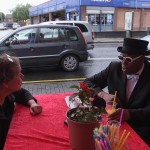
Birmingham Bridging Cultures Roundtable
The first Bridging Cultures roundtable event in Birmingham took place on 7 April 2016. It was a unique opportunity for leaders from the corporate, cultural and social innovation sectors to explore how public spaces can better embrace social cohesion. Birmingham City council leader John Clancy launched the event which was attended by a diverse list of 35 credible influencers.
The roundtable event, held at Birmingham City Council, is part of a series of roundtable events in 7 of the UK’s core cities aimed to complement the vision of Noha Nasser’s award-winning book Bridging Cultures: the guide to social innovation in cosmopolitan cities.
The roundtable event in Birmingham assisted in creating a fresh narrative which contributed to the wider complex cultural debate which incorporates the constant redrawing of urban spaces in communities across the country. It offered a unique opportunity to create an open and honest dialogue on how cities can best use urban design to tackle prejudice and intolerance and enhance their respective public spaces of diverse cultural communities. Cultural diversity has the potential to introduce untapped creativity into the economy and we must consider different ways to drive growth.
John Clancy, Leader of Birmingham City Council, said: “The Council welcomes the Bridging Cultures Roundtable discussion as a timely and valuable opportunity for the city council to extend the ongoing dialogue with corporate and cultural leaders in addressing issues around social cohesion, innovation and inclusivity for the city’s diverse communities. The Big City Plan outlines our commitment and 20 year vision to creating a world class city and we recognise this roundtable event as a vital contribution in harnessing the creativity and aspirations of the wider community to assist in that transformation process.”
A number of key priorities emerged from the Roundtable that can be summarised in three strands: (i) embed young/youthful social innovators within existing boards and policy-making platforms across the City Council and corporate sector; (ii) provide the intelligence to inform Bridging Cultures with an emphasis on university-led research; and (iii) create opportunities to test-fund bright, socially innovative ideas to nurture home-grown talent.
The city made the following pledge: Social Innovators and bridging cultures make a valuable and important contribution to the social, economic, and spiritual growth of Birmingham, therefore they and our communities should be part of the endeavour in moving our city forward. Consequently, [As a City] we commit ourselves to engaging and working with our social and intercultural innovators as equal partners to promote economic growth and social /community cohesion.
The outcomes of the event are:
- Birmingham is considering joining the European Intercultural Cities Network
- There is engagement with the Youth Charter
- Social Innovators would like to hold another event where they showcase their projects to an audience of city, cultural and business organisations
- Universities consider sharing their intelligence with the city and social innovators
- An idea is emerging to create a series of networked social hubs with key purposes e.g. health, well-being, sport, business, employment skills, leisure, making/manufacture etc.
A film of the event can be seen here.

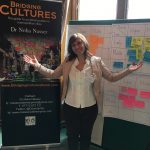


Southall’s Gas Works masterplan
MELA was commissioned by John Thompson and Partners to research the socio-cultural identity of Southall and ask the question: how can Southall’s culturally-diverse identity be an integral part of its future growth?
To really understand what is special about Southall as a place is to understand the town’s history as a focus of immigration. Although physically and spatially its built form is that of the prototypical Victorian and Edwardian industrial suburb, its socio-cultural dimension is what has changed quite radically in the past 60-70 years and accounts for the town’s nickname, ‘Little India’. With around 63% of the local population classified as ‘Asian’, and more accurately Punjabi Sikhs, Hindus and Muslims, Southall has an undoubtedly Punjabi identity exemplified in its retail offer, the cultural events and activities that take place throughout the year, and the architecture of its community halls and religious places of worship. This research project concluded that:
‘It may not be desirable to mimic the architectural styles and intensity of The Broadway shopping experience in the Gas Works site, but it would be a serious oversight to neglect the socio-cultural pulse of the area that makes it so special. If the Gas Works site is to be a true mixing of existing and incoming communities, the designs of buildings and public spaces should provide the setting for cross-cultural understanding. The most powerful means by which this understanding can take place is through the sharing of food, recreation, festivals, arts, and performance. Southall already has a long history of these cultural practices that can be enhanced in the new development.’
TRACK RECORD
Projects Prior to MELA social enterprise and while Noha Nasser was affiliated with Greenwich University and Birmingham City University
Consultation
Client: Peabody Housing Association
Project: Community design and visioning workshops for the Pembury Estate
Brief: To inspire residents to become ‘game changers’ in their neighbourhood to build trust and a common goal for improving anti-social behaviour in public spaces
Client: Urban Living HMRP
Project: Sense of Place
Brief: To explore alternative masterplanning approaches which builds local capacity and governance to play an active role in the regeneration of locality through setting up catalytic networks for activism, funding and change.
Client: Urban Living HMRP
Project: Sense of Place 2
Brief: To co-produce projects initiated by local people meeting local needs. The project included training citizen journalists as campaigners of local issues and development of a community website to engage with local people and professionals; working with the City Council, Atkins, and local Street Champions to remove street clutter on the Soho Road High Street; and to support Summerfield Resident Asociation working with the City Council and Family Housing Association to develop a Neighbourhood Charter and tackle the problems associated with private rented landlords in the neighbourhood.
Client: Ashram Housing Association
Project: Community Design Workshops:
Community-led design briefs for the future home
Brief: To build on the work that Ashram Housing Association has carried out with regard to gender equality. The aim was to hold a series of workshops with South Asian women and young people from the local community to look at the issues of design for the future home.
Client: Midland Heart Housing Association
Project: Radnor Road Deconversion Programme
Brief: To inform the internal design of the Deconversion Programme to suit a BME clientele, in partnership with the commissioned architects, Bryant Priest Newman.
Client: Extracare Charitable Trust
Project: Panell Croft Extracare Village, Newtown
Brief: To develop a new extra care village in a culturally diverse neighbourhood in Birmingham and to explore the influence of different ethnic groups on the design requirements of the site and the buildings. The aim for the development is to provide health and social well-being, but also encourage inter-cultural mixing.
Client: Birmingham City Council
Project: Birmingham House
Brief: To develop a community-led design brief for new housing typologies suited to 21st century families living in the city centre. The Birmingham House is a fundamental part of the Big City Plan visionart expansion of Birmingham city centre.
Client: Walsall Metropolitan Borough Council
Project: Walsall Design Guide
Brief: To deliver the content for Walsall’s design guide to be adopted as Supplementary Planning Guidance.
Training
Client: Urban Living HMRP
Project: Aston Six Ways Urban Design Programme for Young People
Brief: To train young people affected by gang-related postcodes to develop alternative design proposals for the remodelling of Six Ways Island and create a new public space which re-connects the three communities of Aston, Lozells and Newtown. The course carries Level 2 accreditation.
Client: Commission for Architecture and the Built Environment (CABE)
Project: CABE Urban Design Summer School 2007-9
Brief: To develop the content and deliver CABE’s prestigious Urban Design Summer School to 120-150 delegates nationwide. The School is based on a four day programme of design workshops, study visits and talks.
Client: Birmingham City Council
Project: Housing and urban design workshops
Brief: To develop the urban design capacity of Housing Officers in Birmingham and Sandwell local authorities to better influence projects in the Urban Living Pathfinder Area.
Client: Walsall Metropolitan Borough Council
Project: Urban Design workshops
Brief: To develop the urban design capacity of regeneration officers from diverse departments in Walsall MBC to enable them to improve their understanding of urban design and raise the standards of urban design guidance and influence.
Client: Urban Living HMRP
Project: Neighbourhood Design Workshops
Brief: To develop the urban design capacity of neighbourhood forum members in the Pathfinder Area to make meaningful contributions to the masterplanning processes due to take place in their locality.
Client: South Birmingham Primary Care Trust
Project: Building Design Capacity within the PCT
Brief: Birmingham Primary Care Trust wishes to raise the design expectations for its new health centres. The PCT set up Design Groups of PCT staff and members of the public that required to be empowered to engage at a high level with the design professionals. Educational support was required to build the design capacity of the Design Groups to ensure they have the confidence to be active members of the design process.
City Road Primary School
Project: Dudley Road High Street Improvements
Brief: To create innovative partnerships between Year 5 (10 year old) children in City Road School and MA Urban Design students at Birmingham City University to develop design proposals for the Dudley Road local centre.
Harborne Hill Secondary School
Project: Harborne High Street Improvements
Brief: To create innovative partnerships between Year 10 (15 year old) young people in Harborne Hill School and MA Urban Design students at Birmingham City University to develop design proposals for the Harborne High Street local centre.
Holte Secondary School
Project: Heathfield Road, Lozells street improvements
Brief: To create innovative partnerships between Year 9 (14 year old) children in Holte Secondary School and MA Urban Design students at Birmingham City University to develop design proposals for the Heathfield Road as part of North Lozells masterplan.

